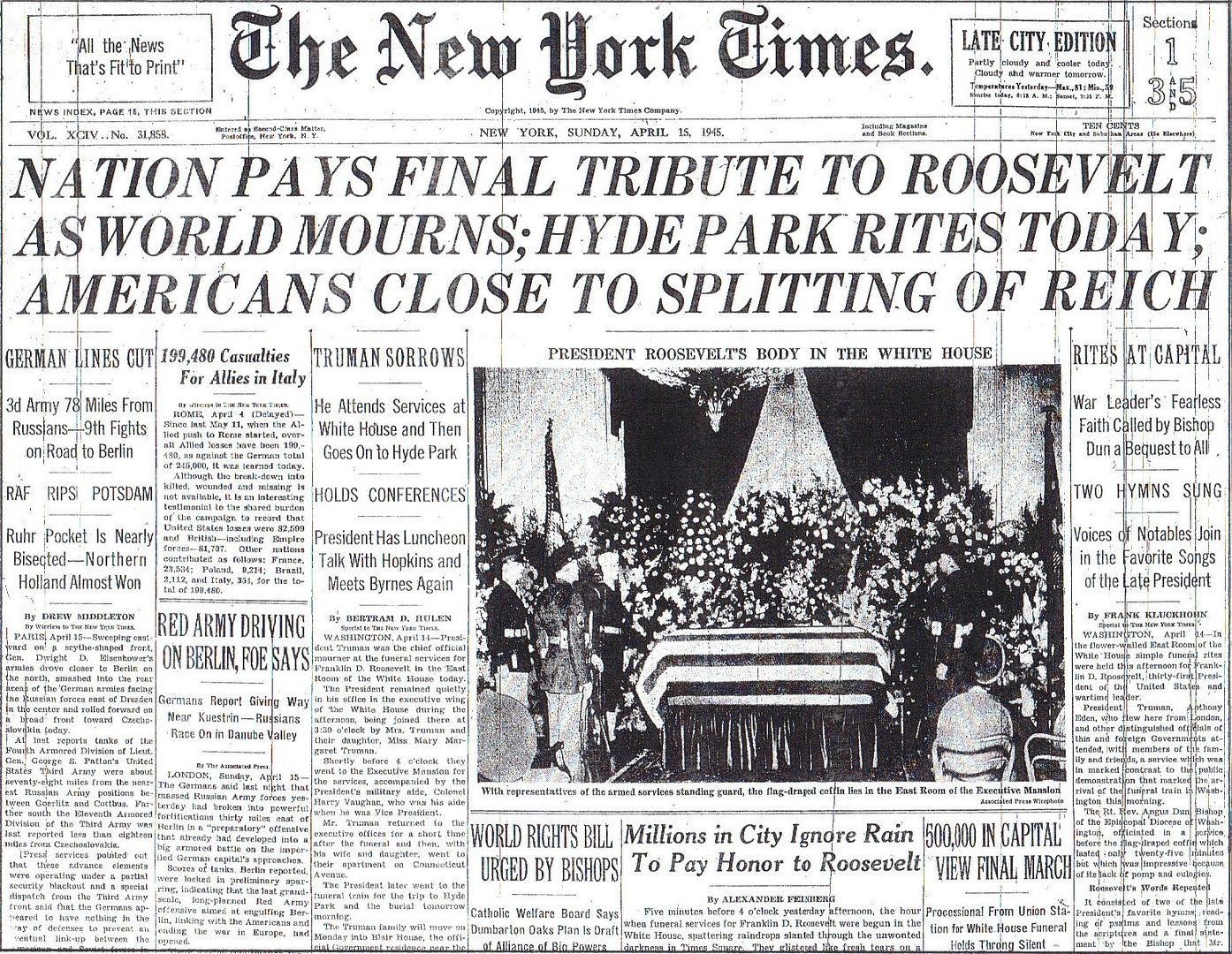
Posted on 04/15/2015 4:26:22 AM PDT by Homer_J_Simpson

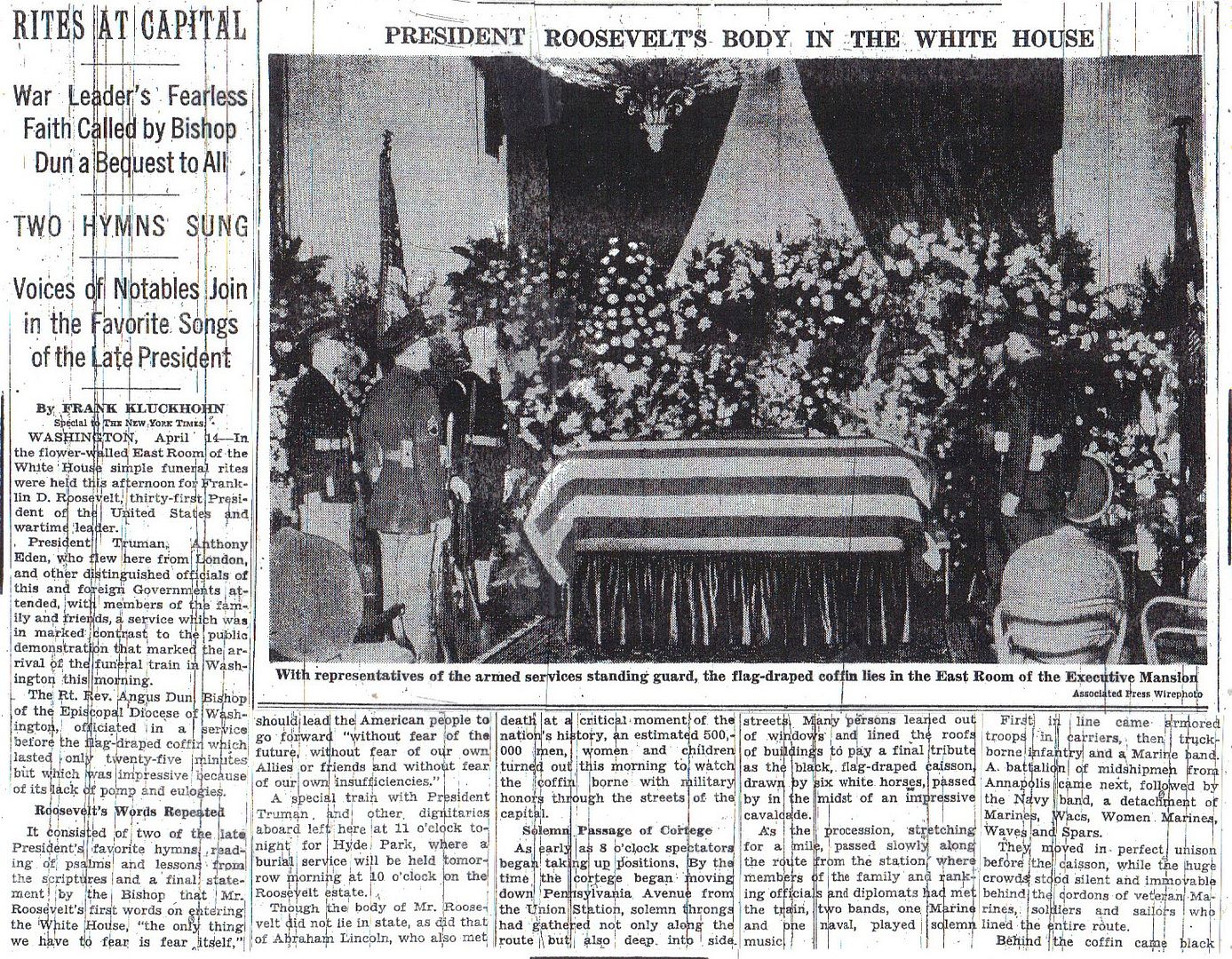
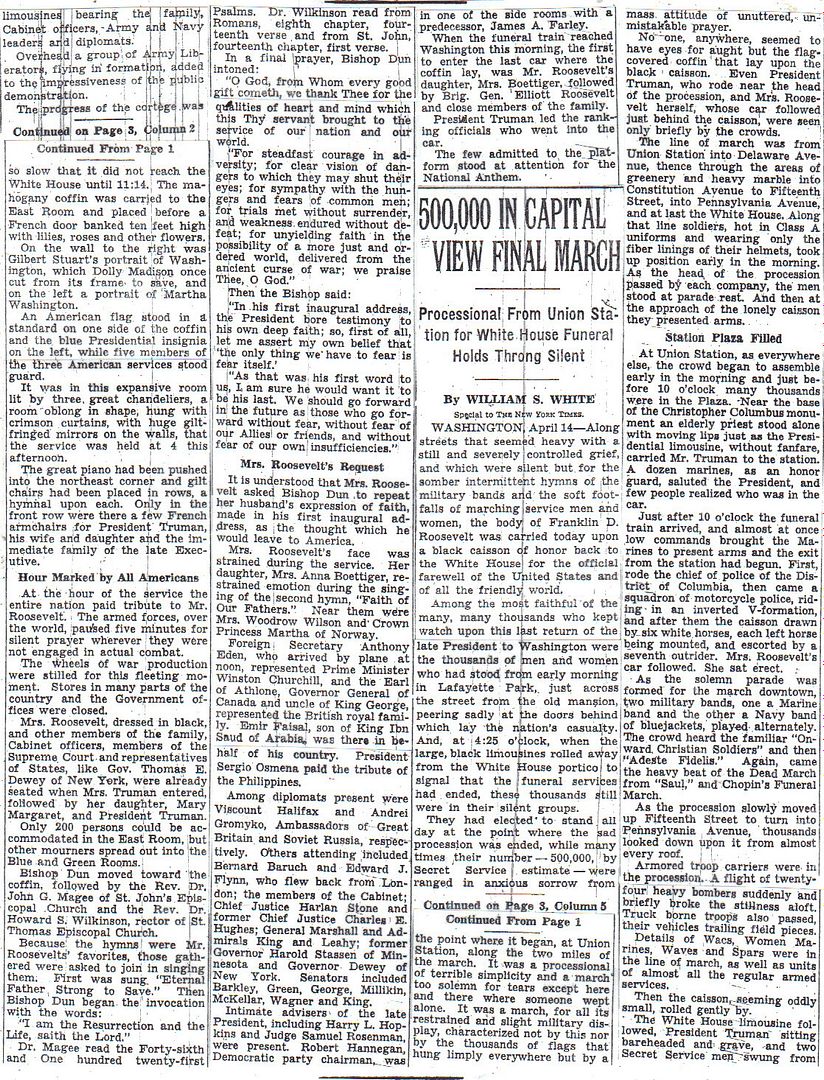
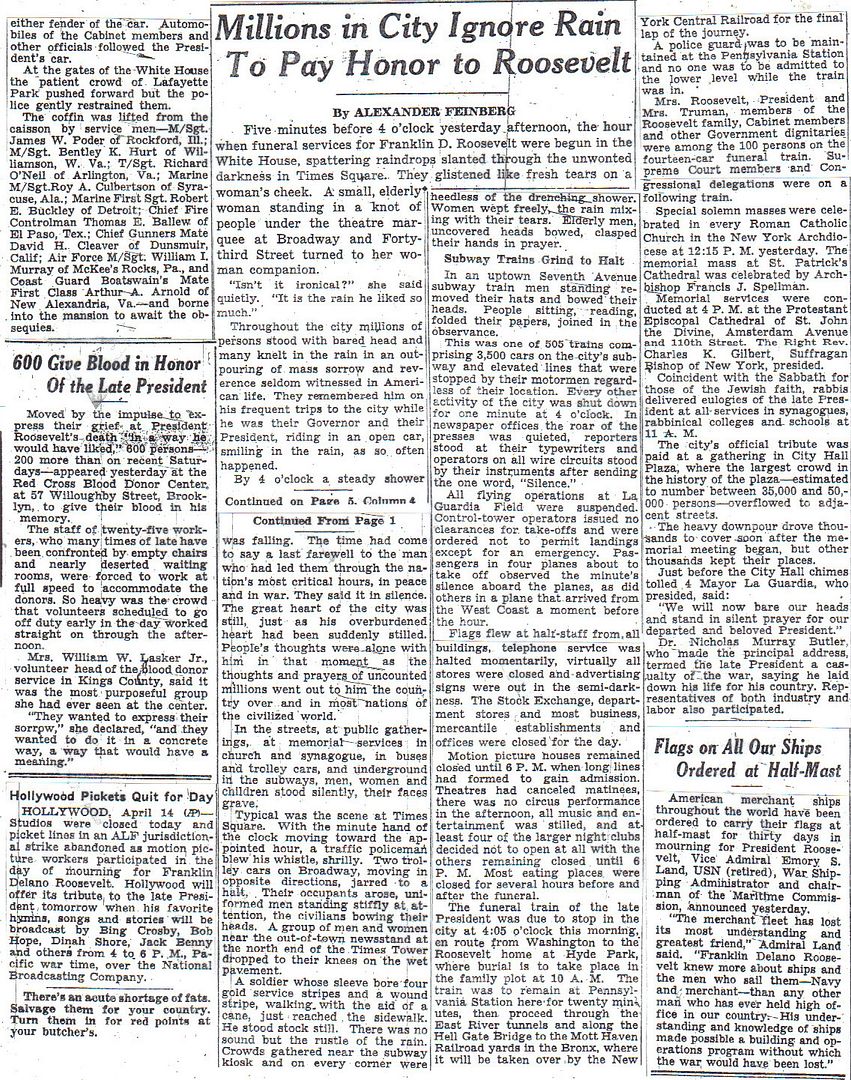
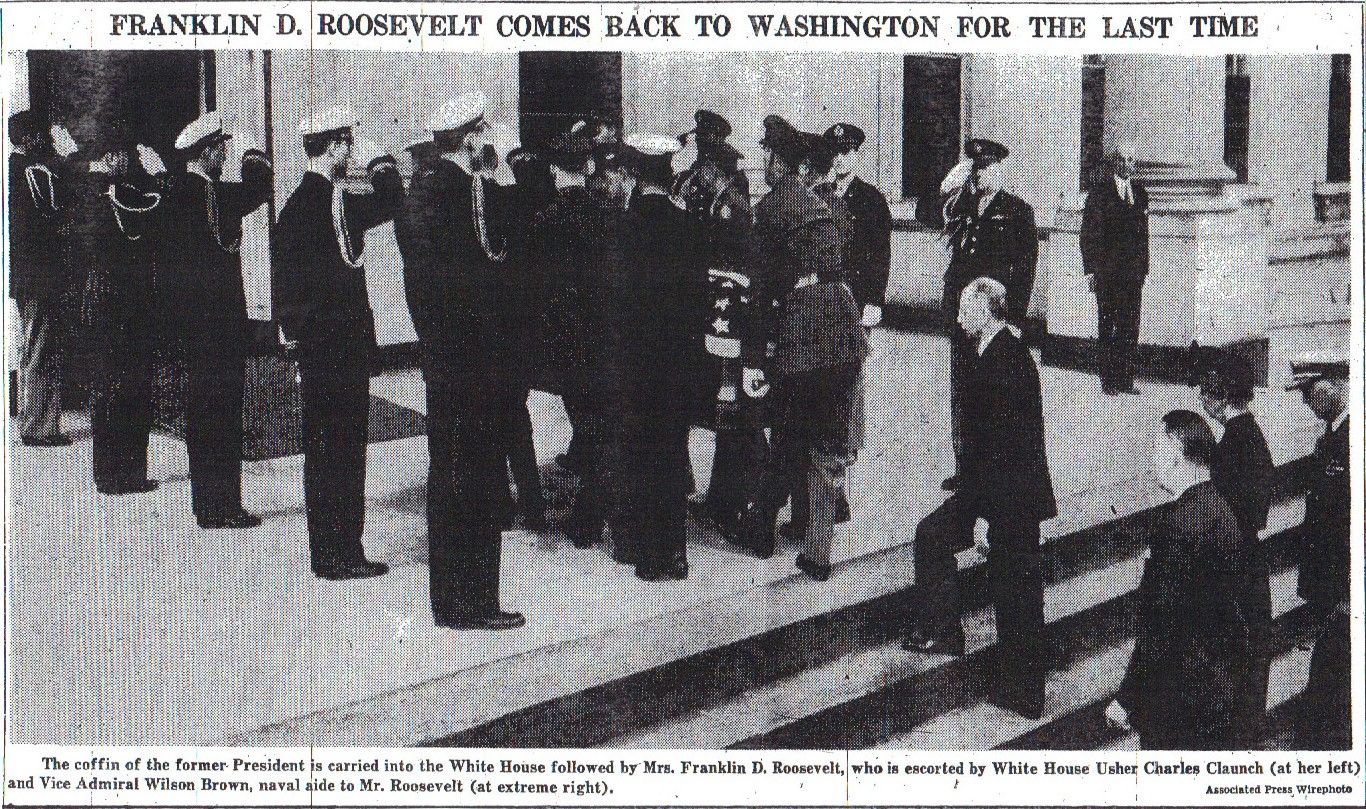
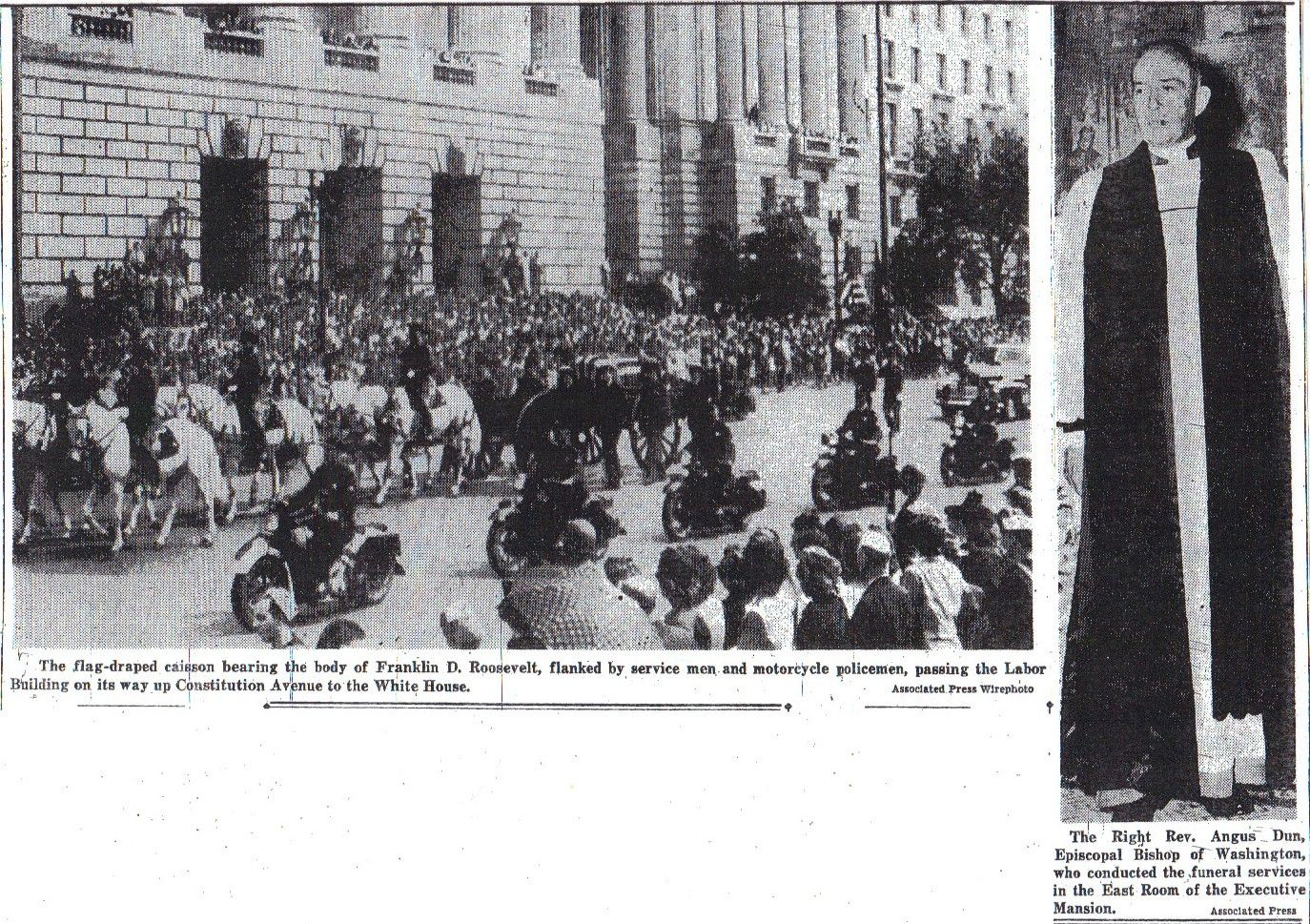
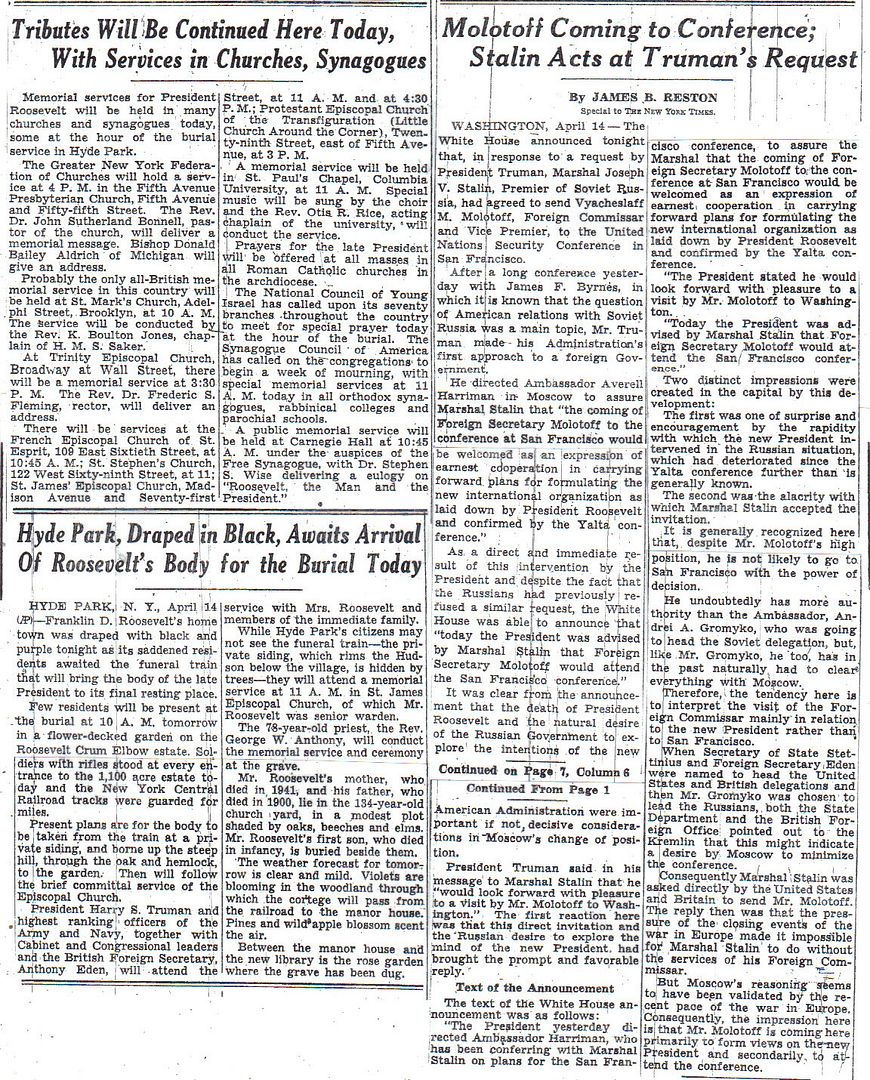
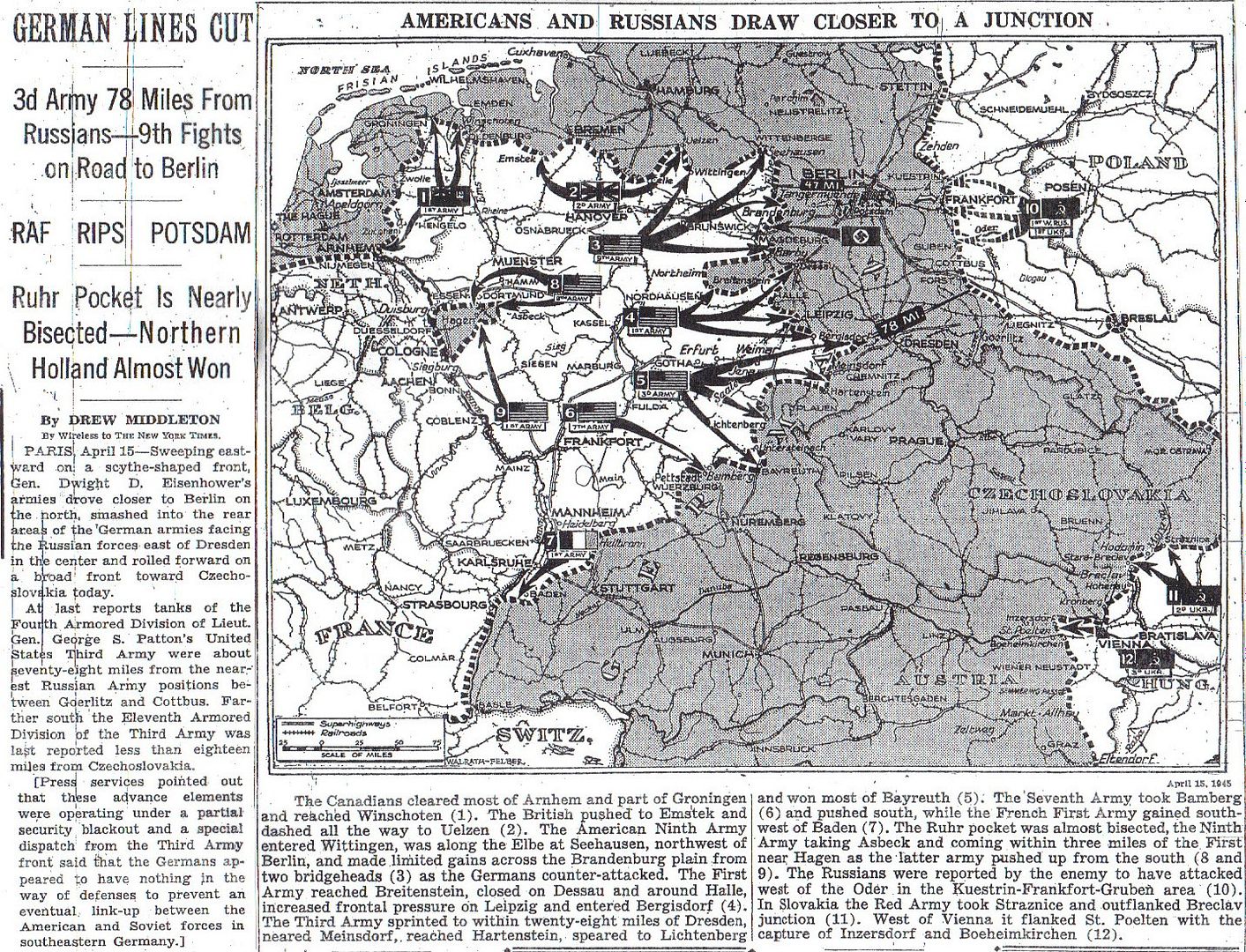
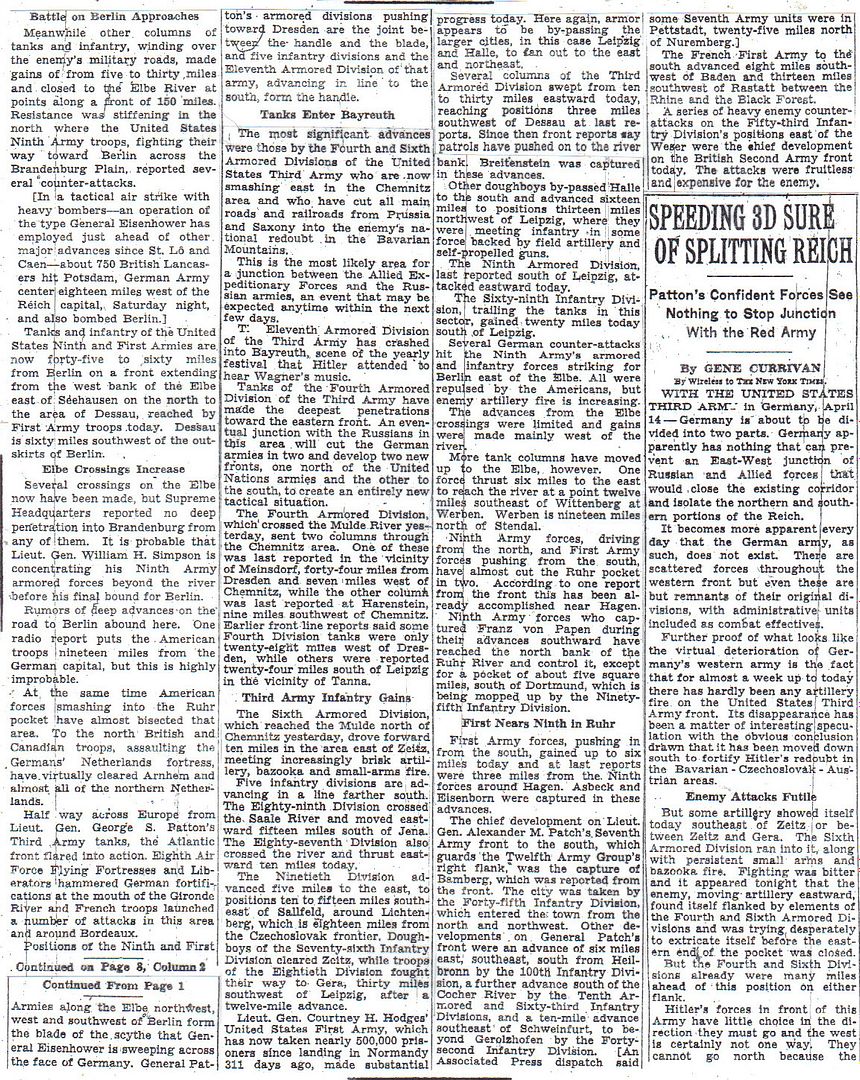
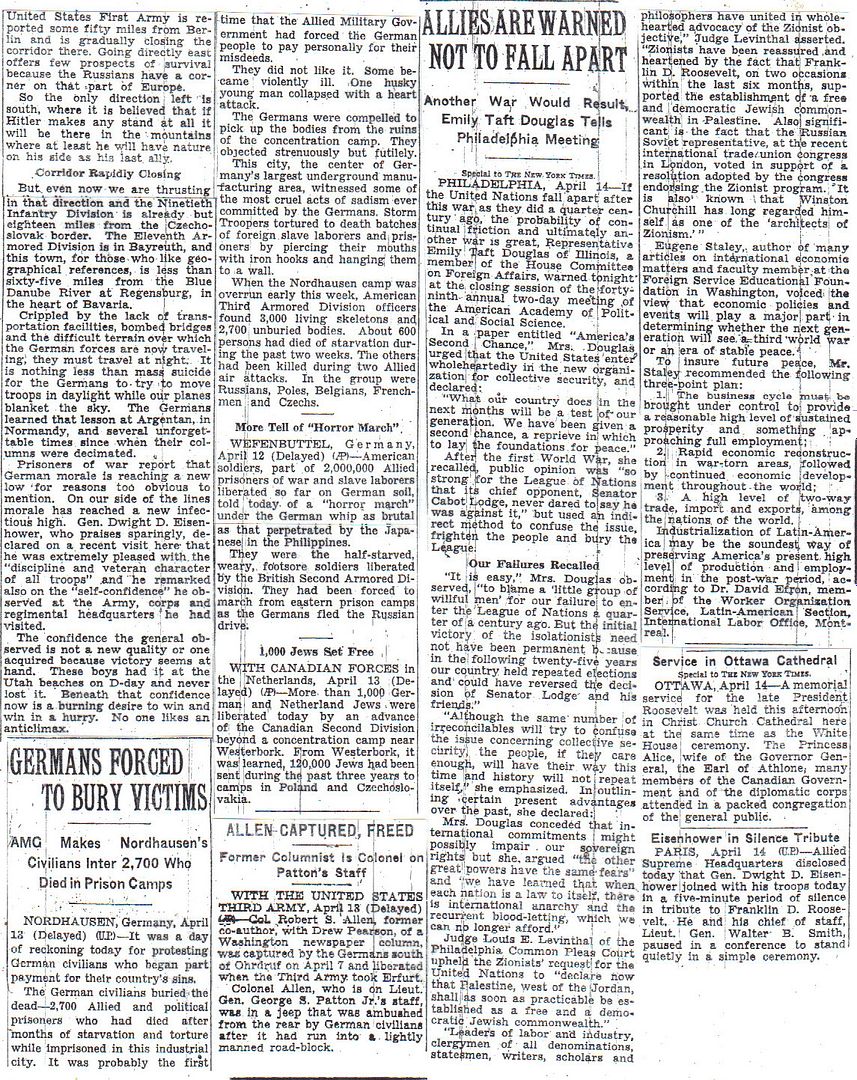
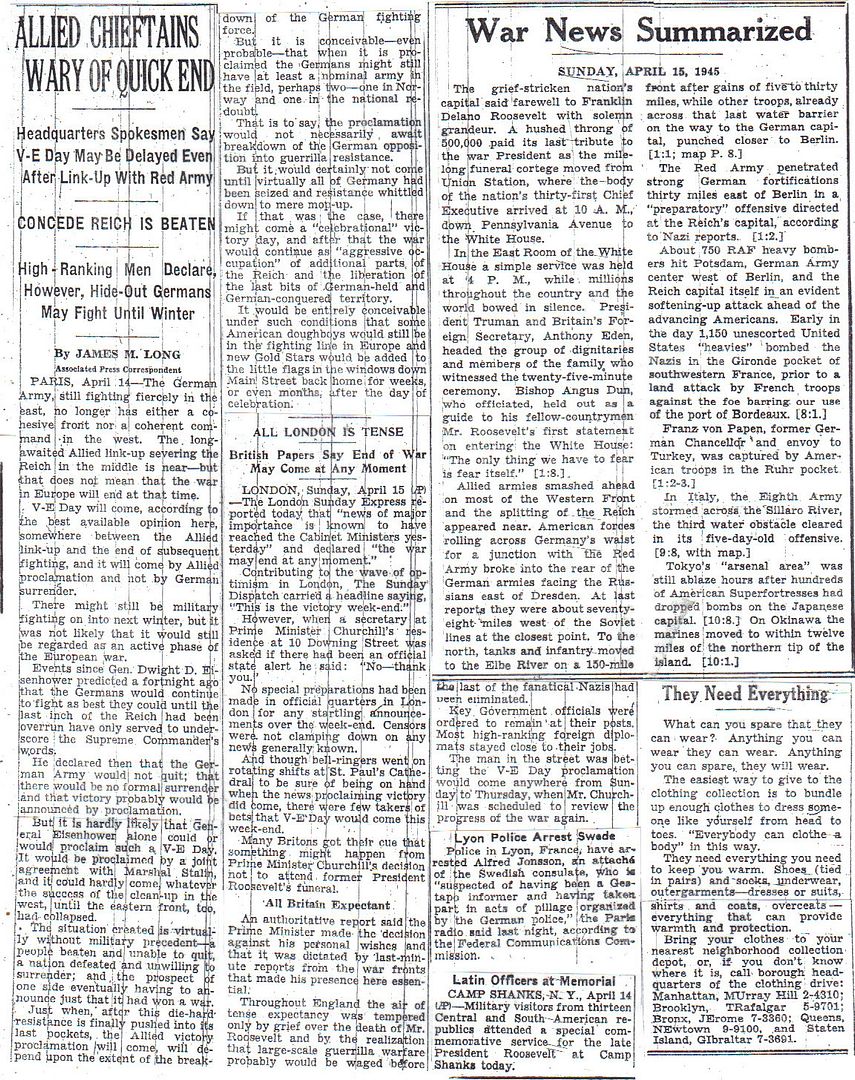
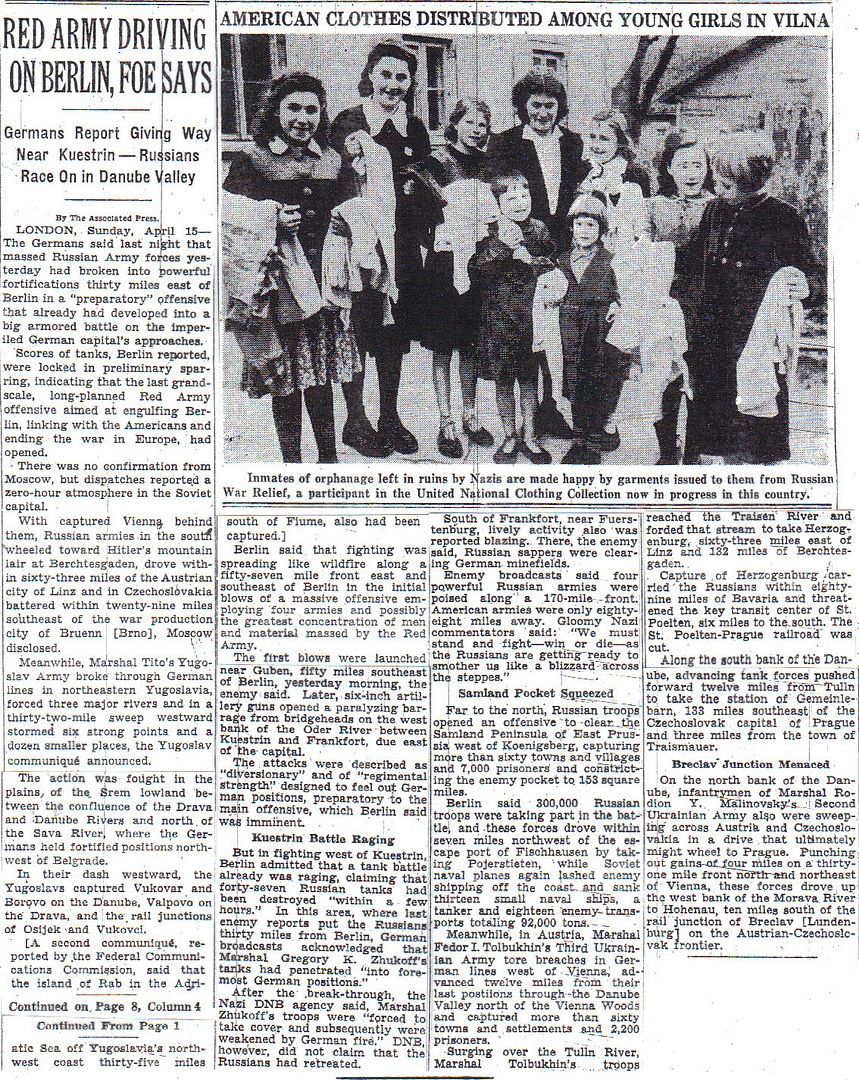
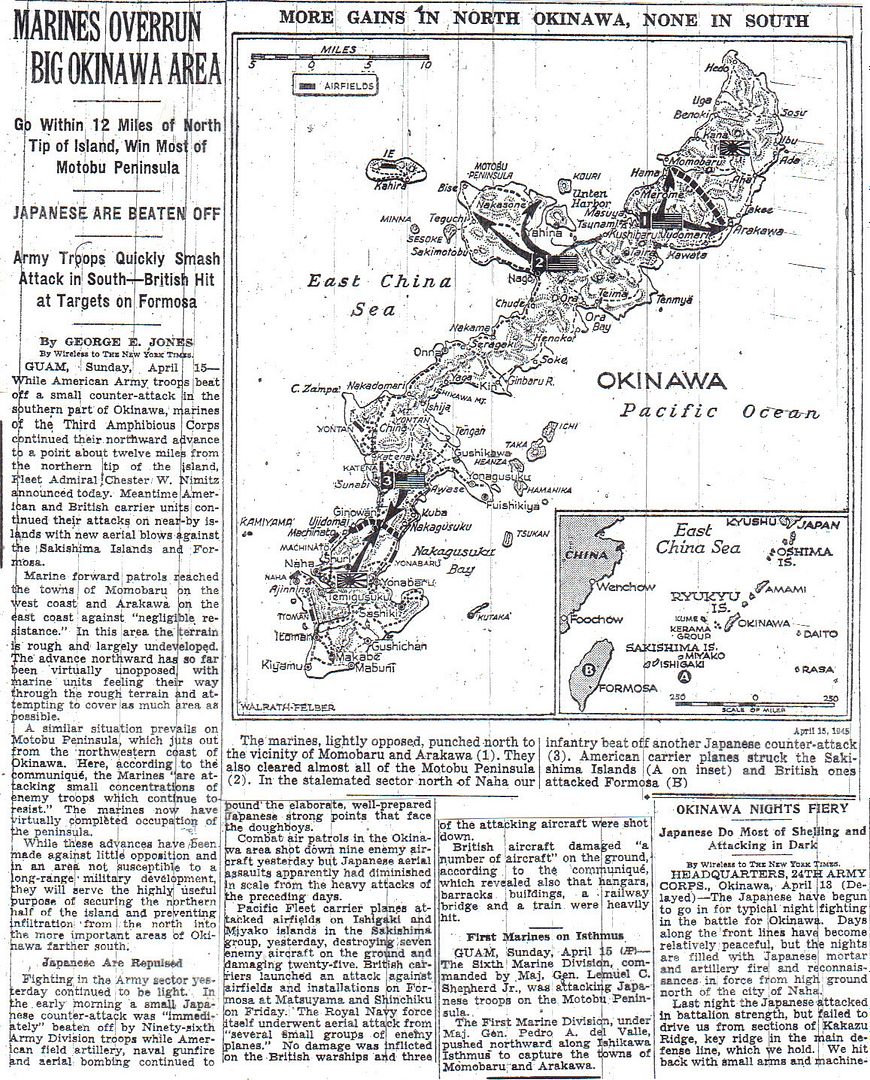
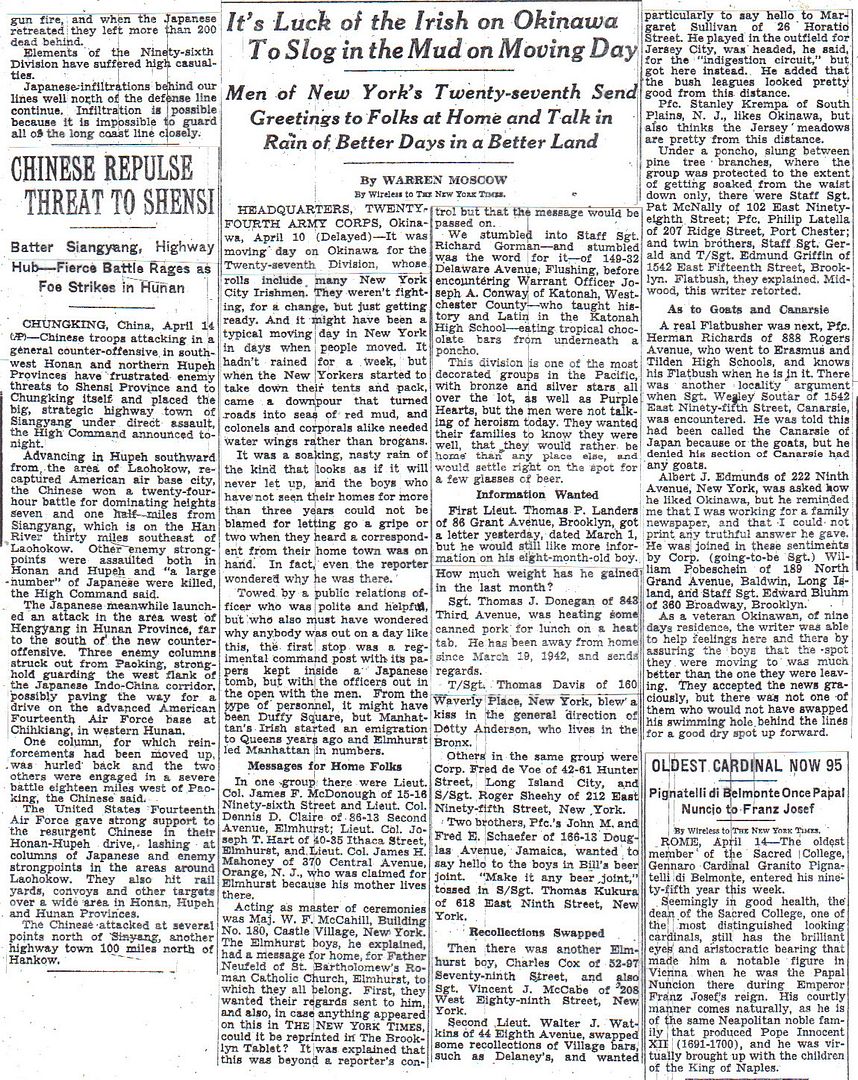
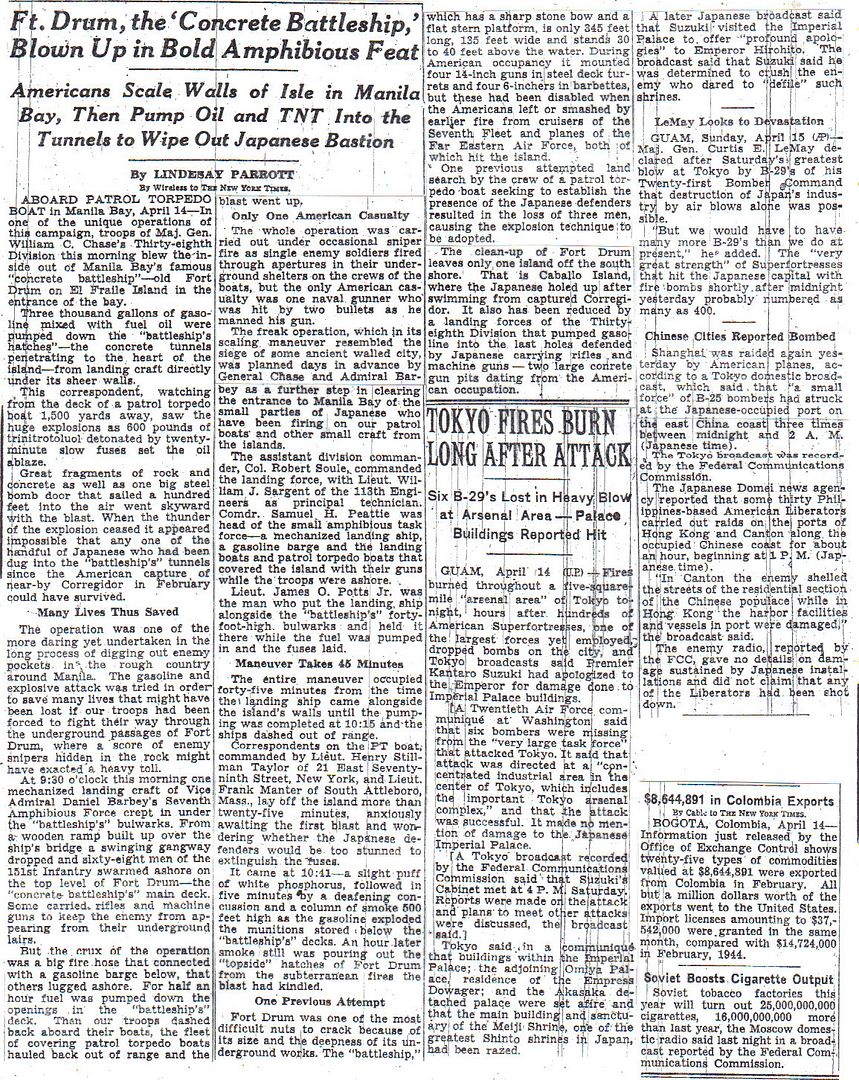
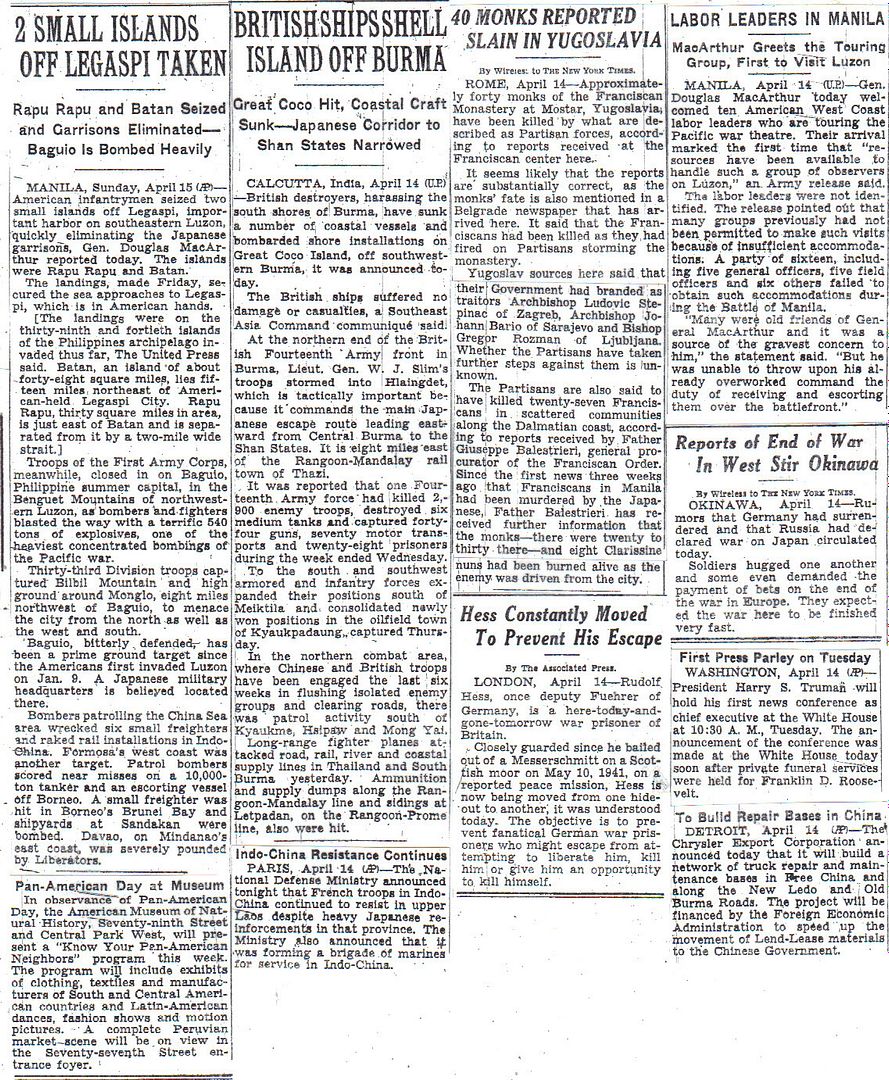
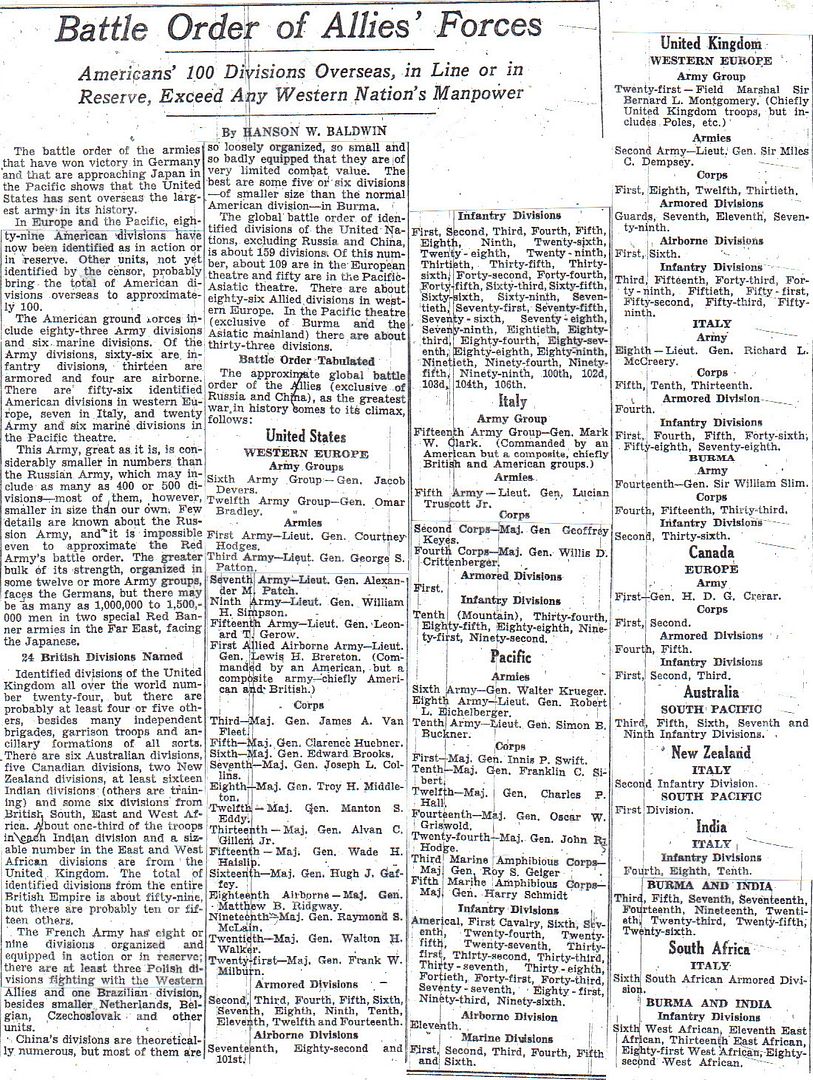
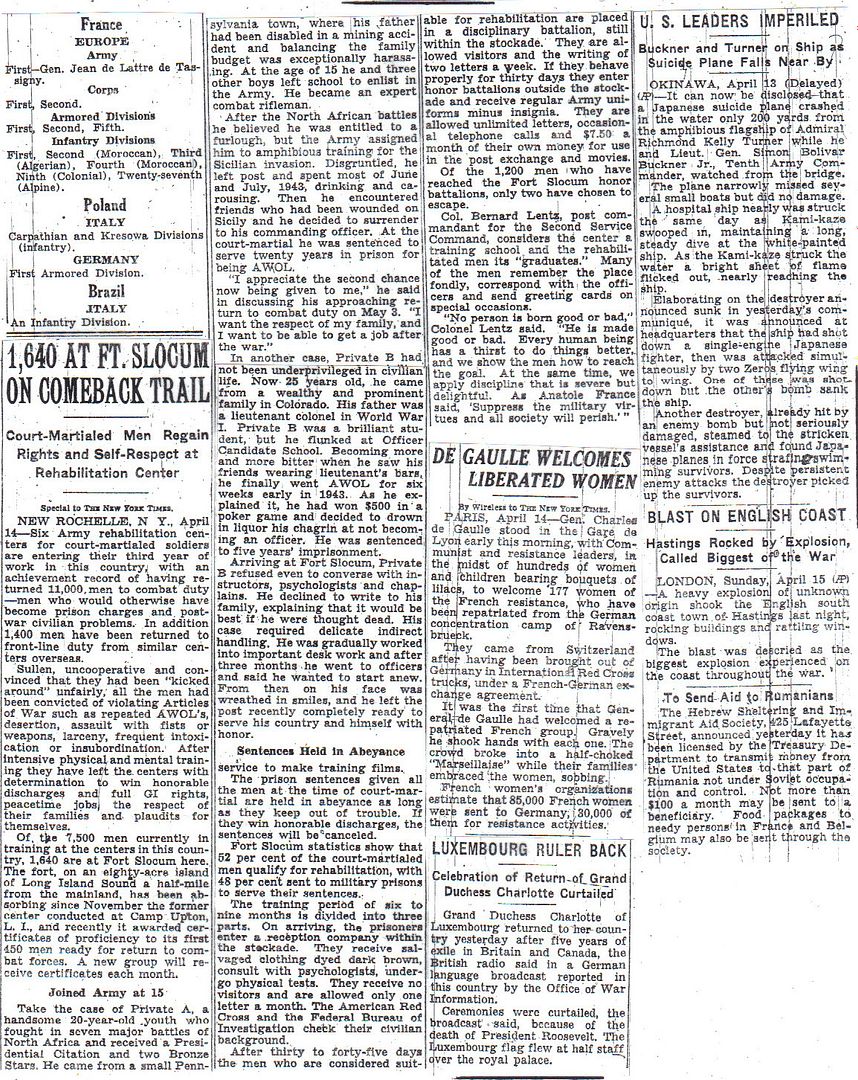
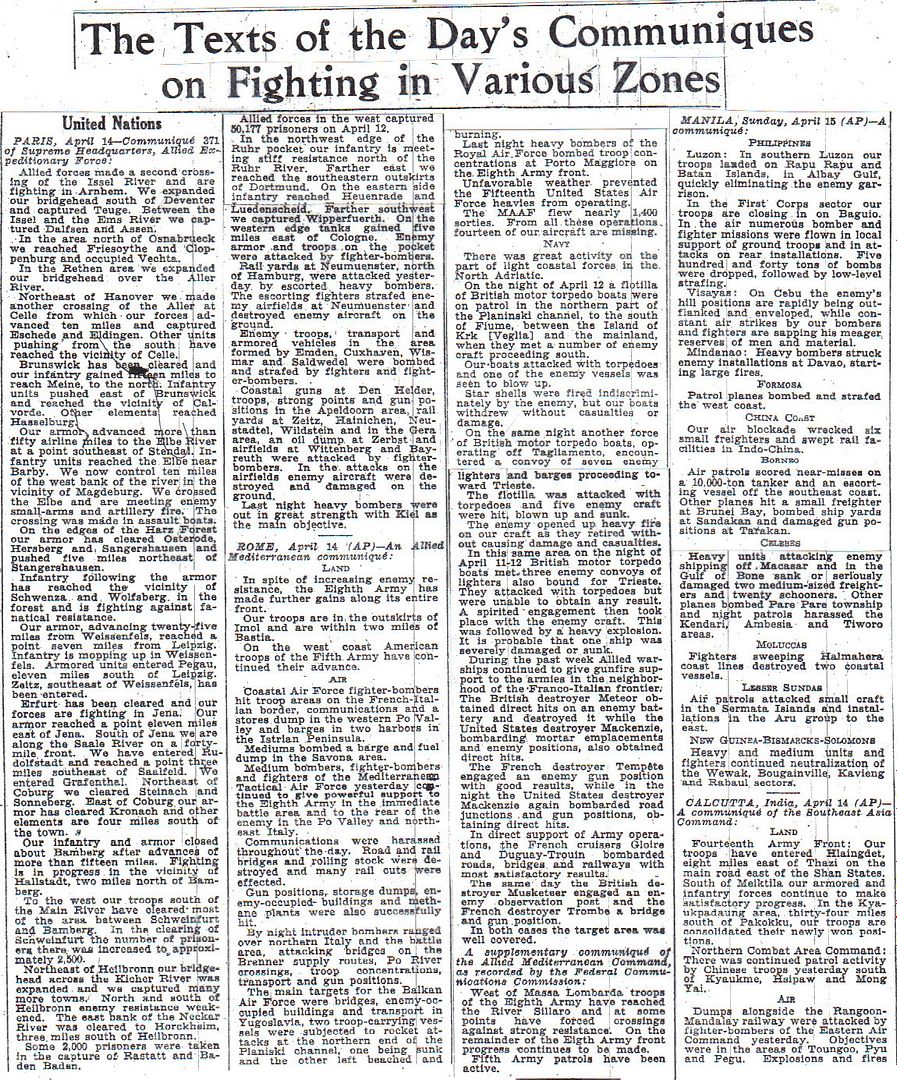
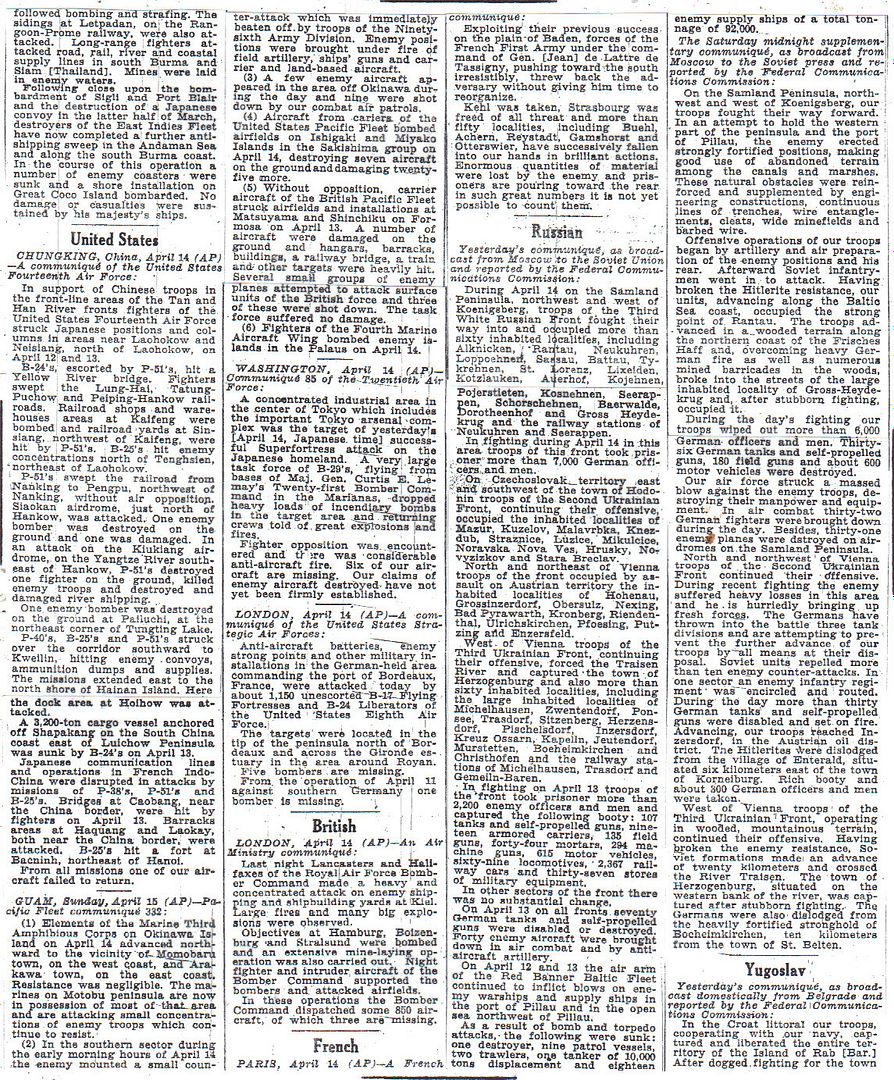
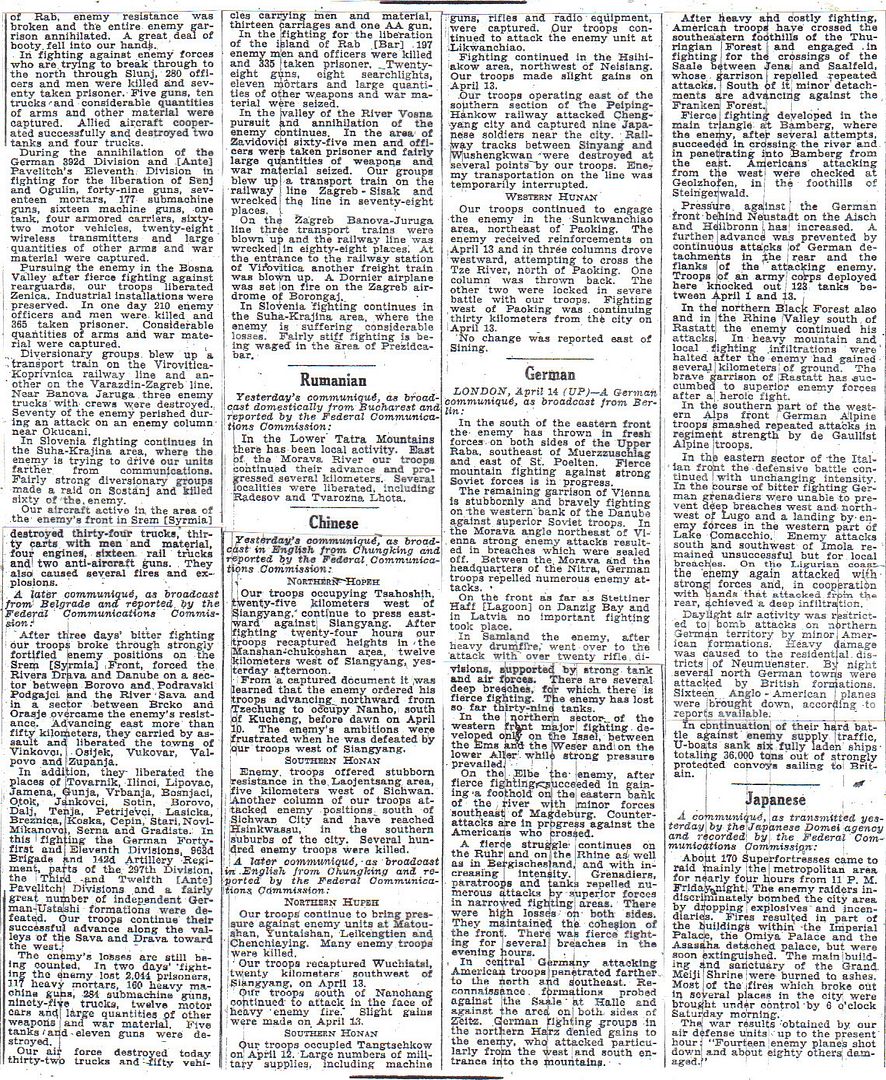
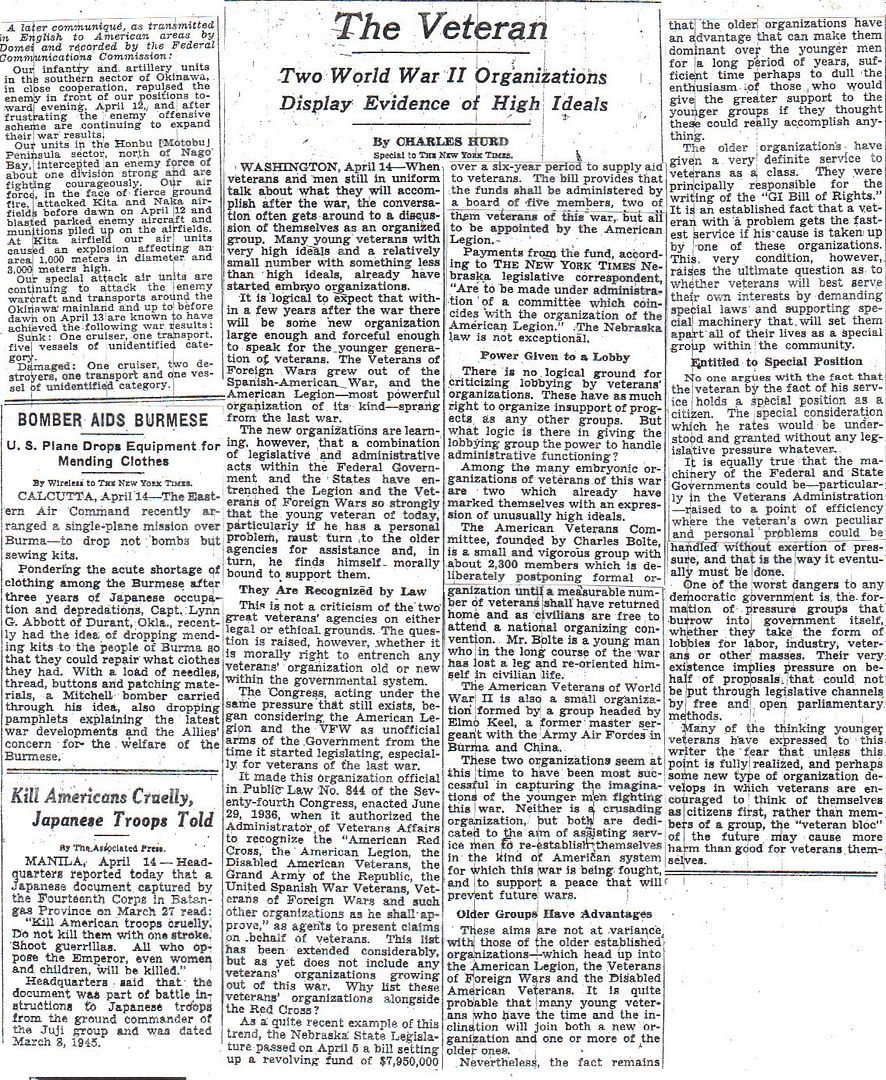
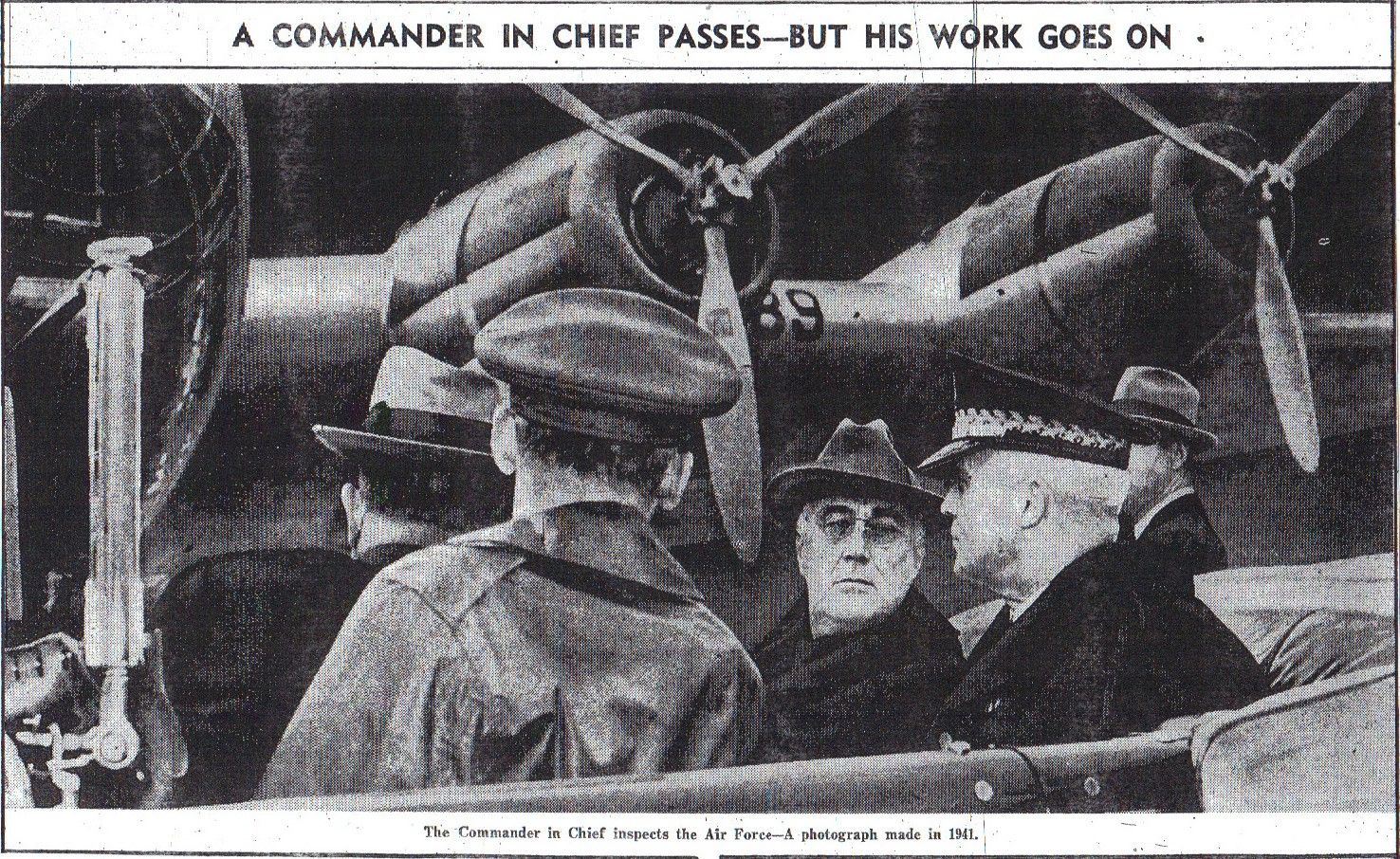
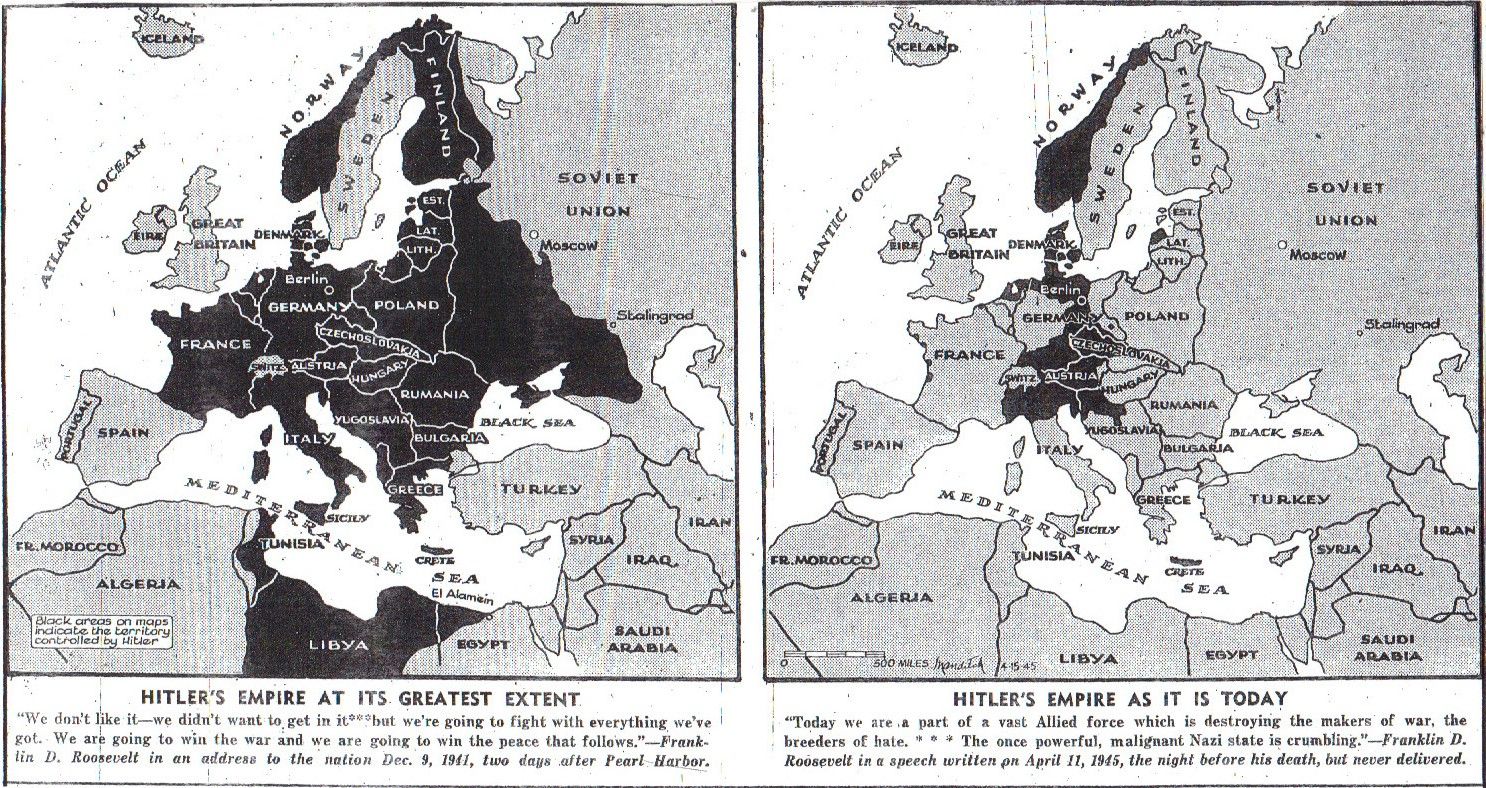
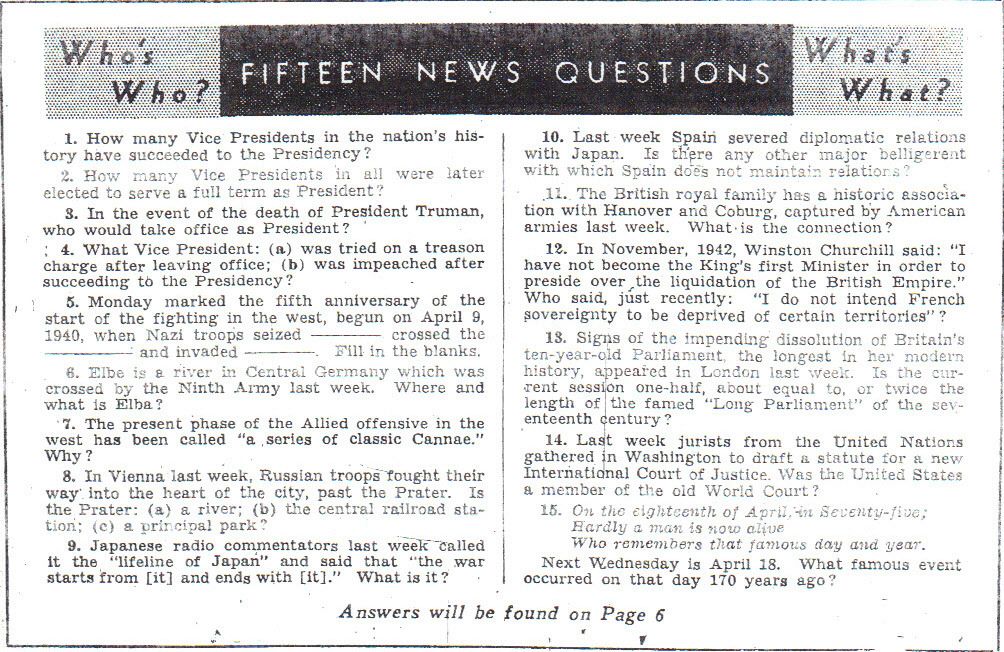
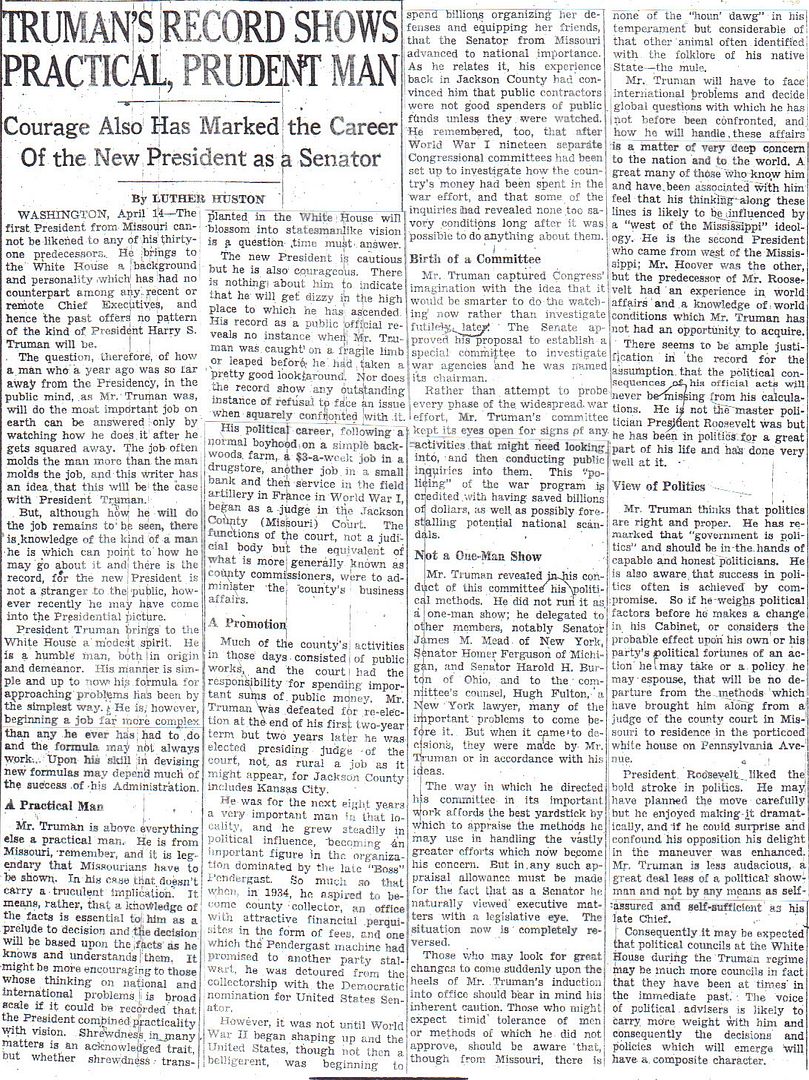
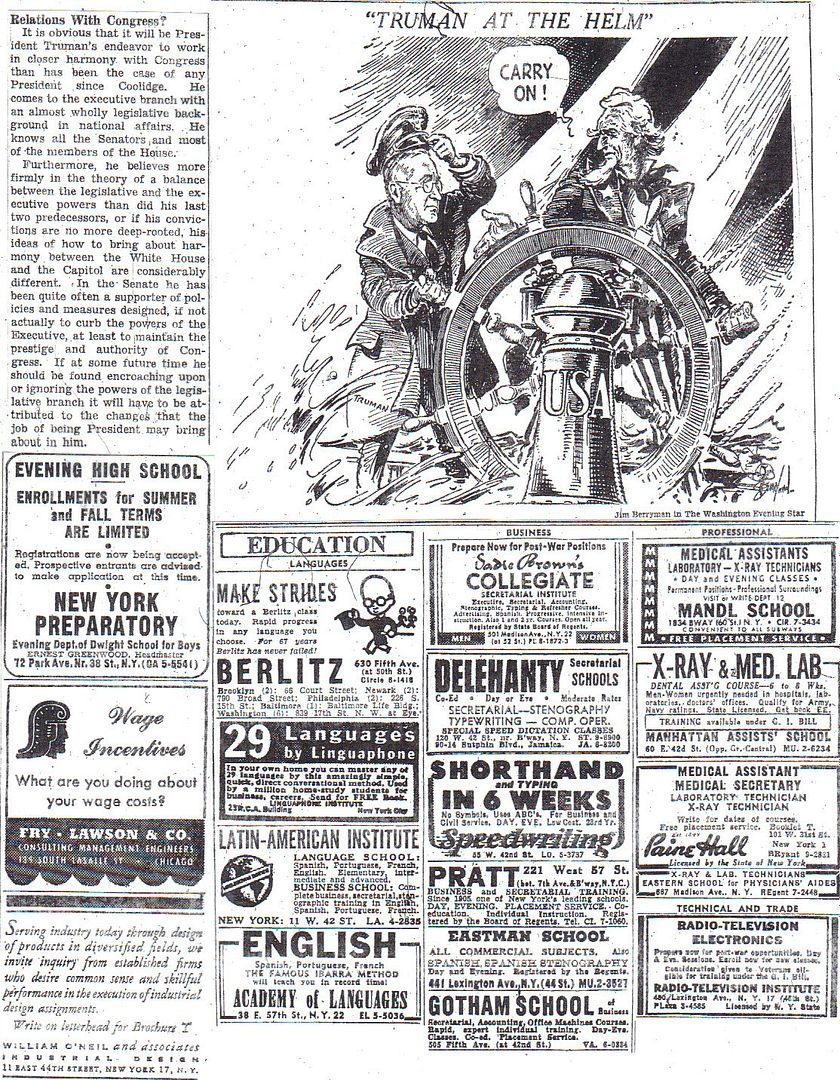
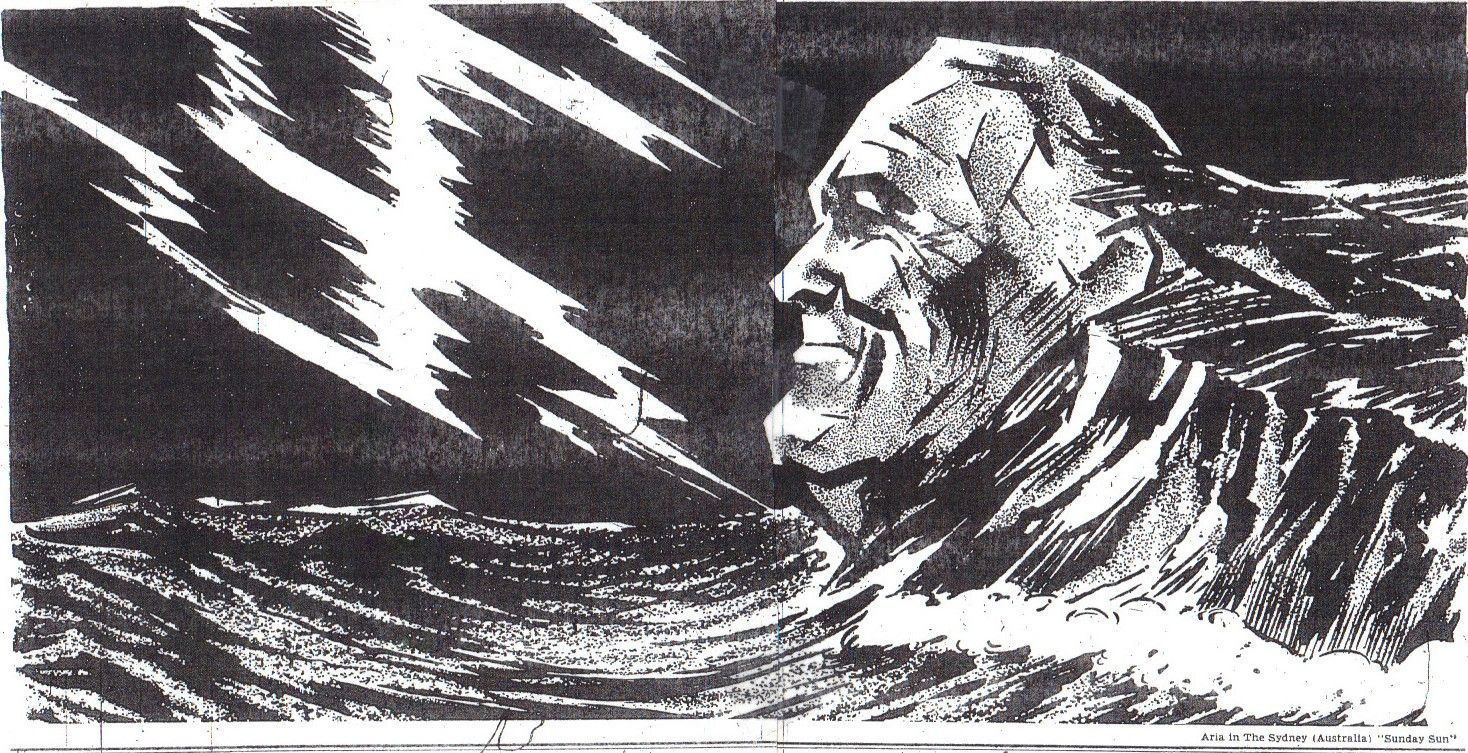
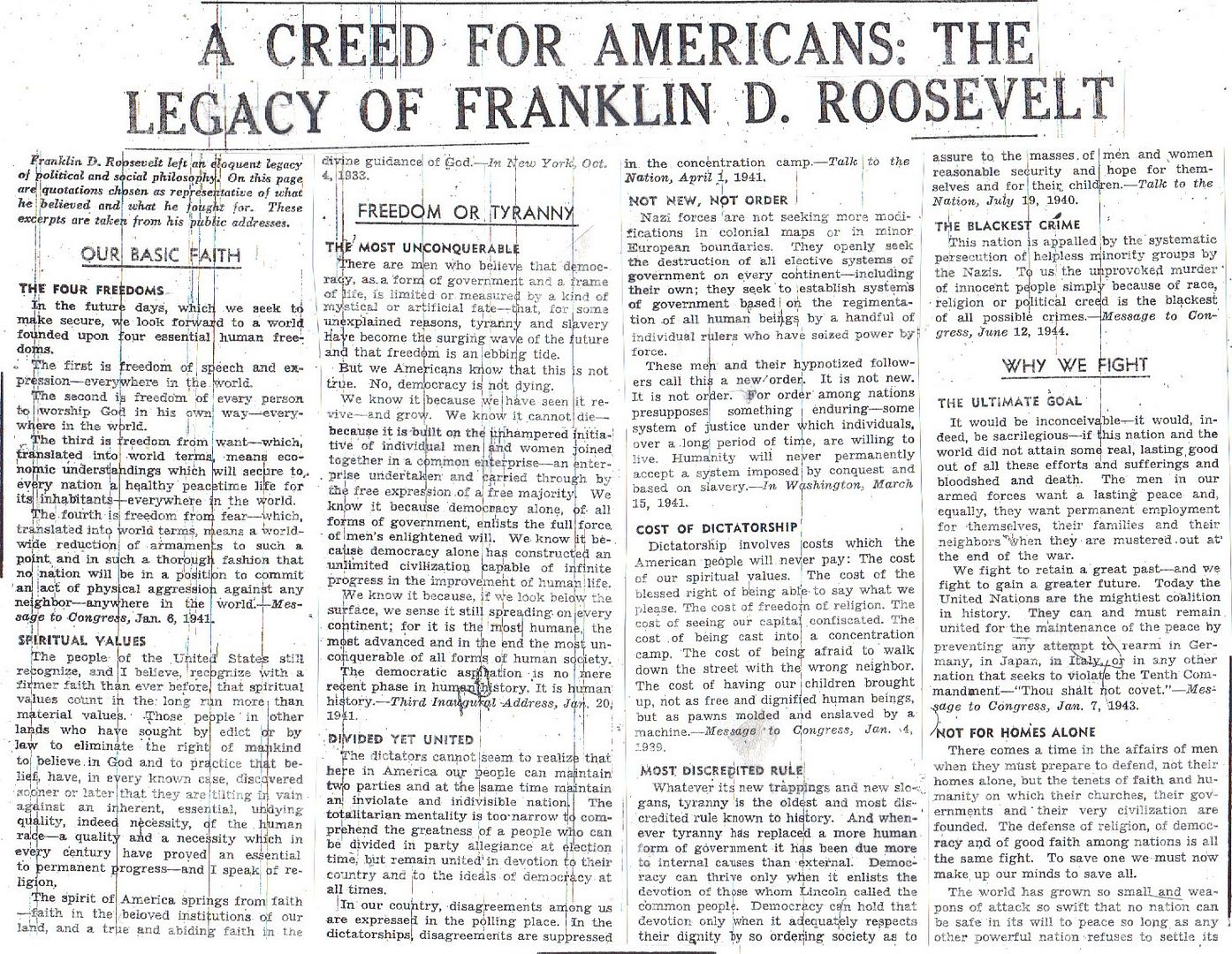
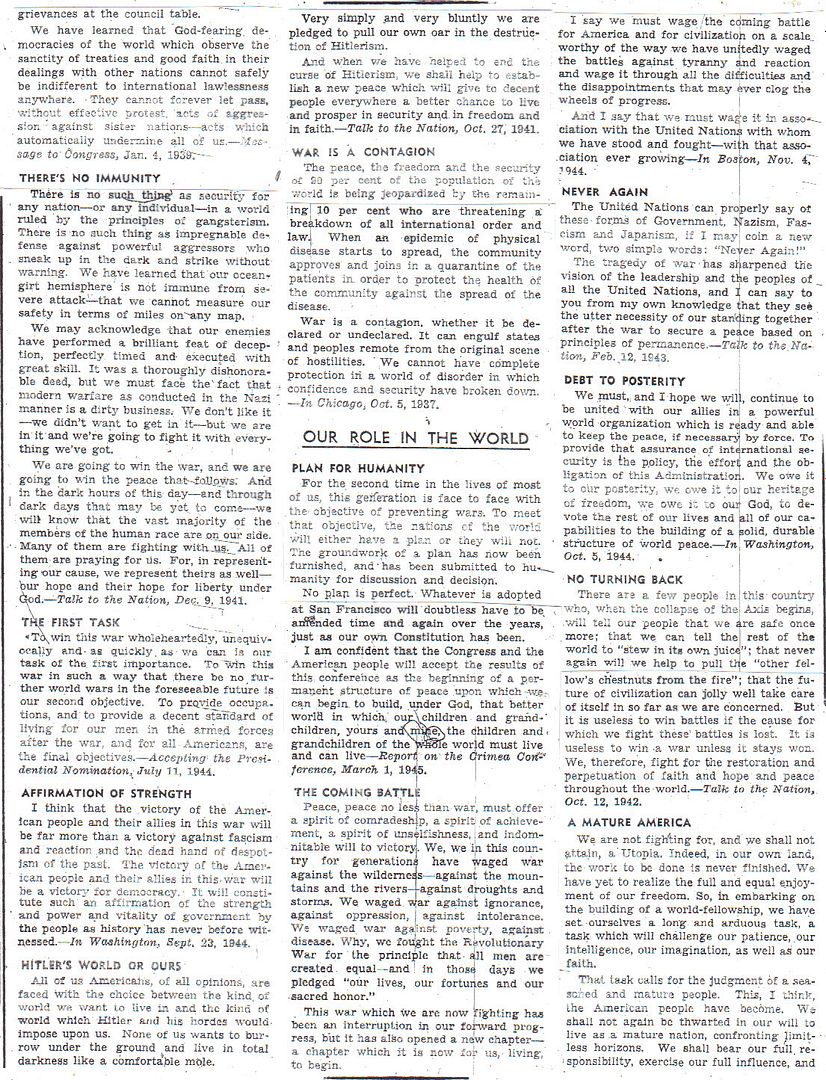
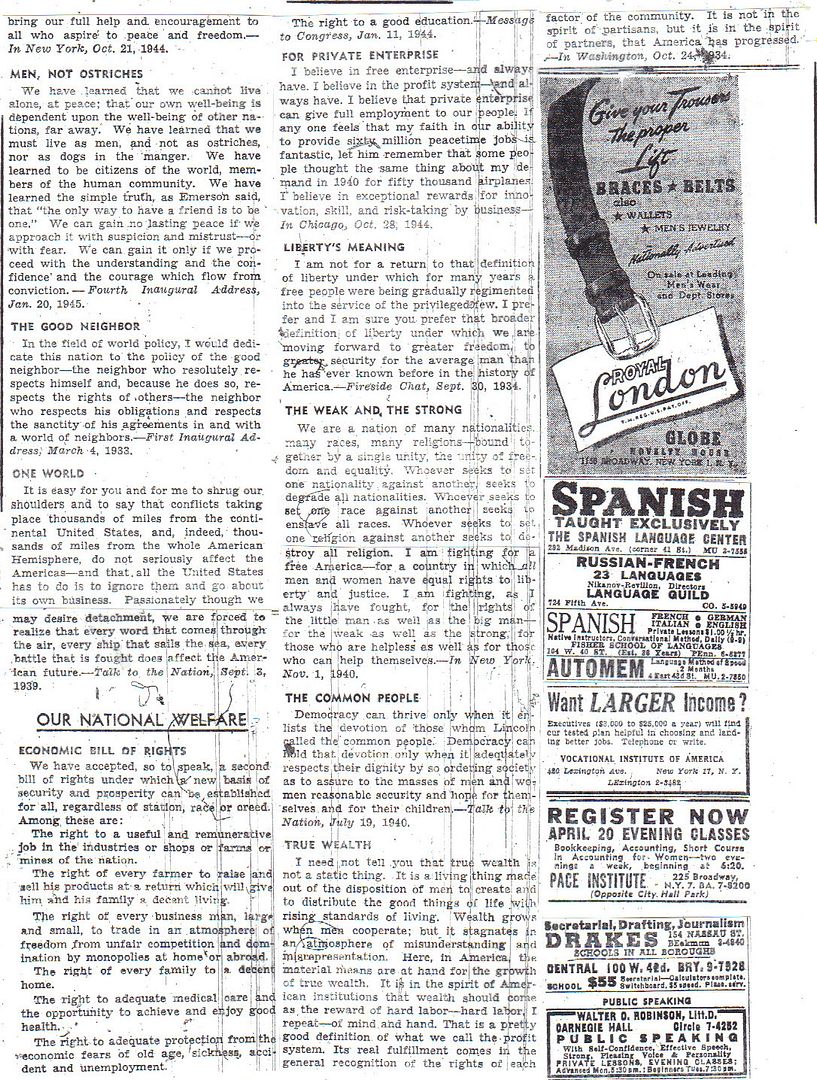
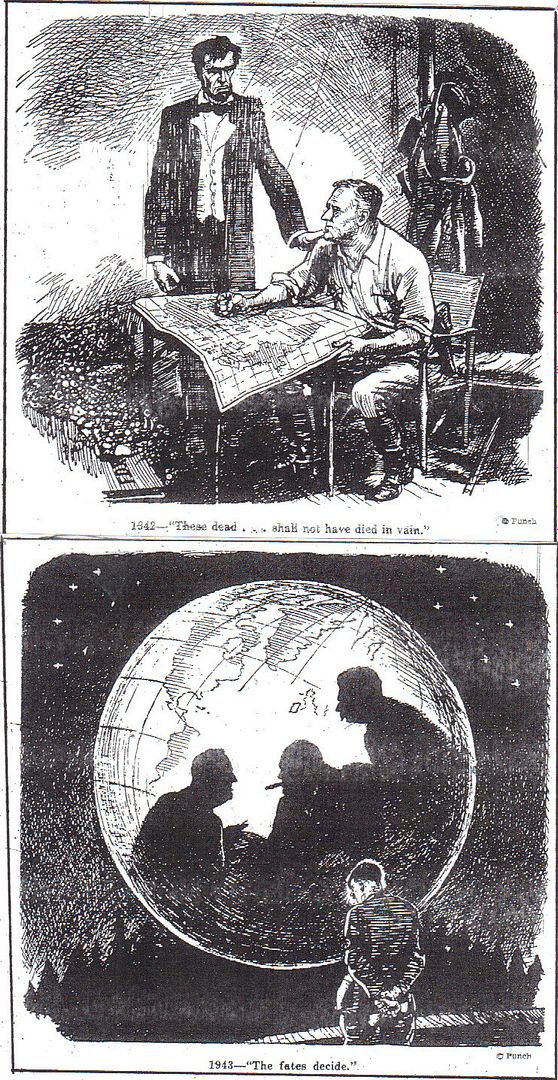
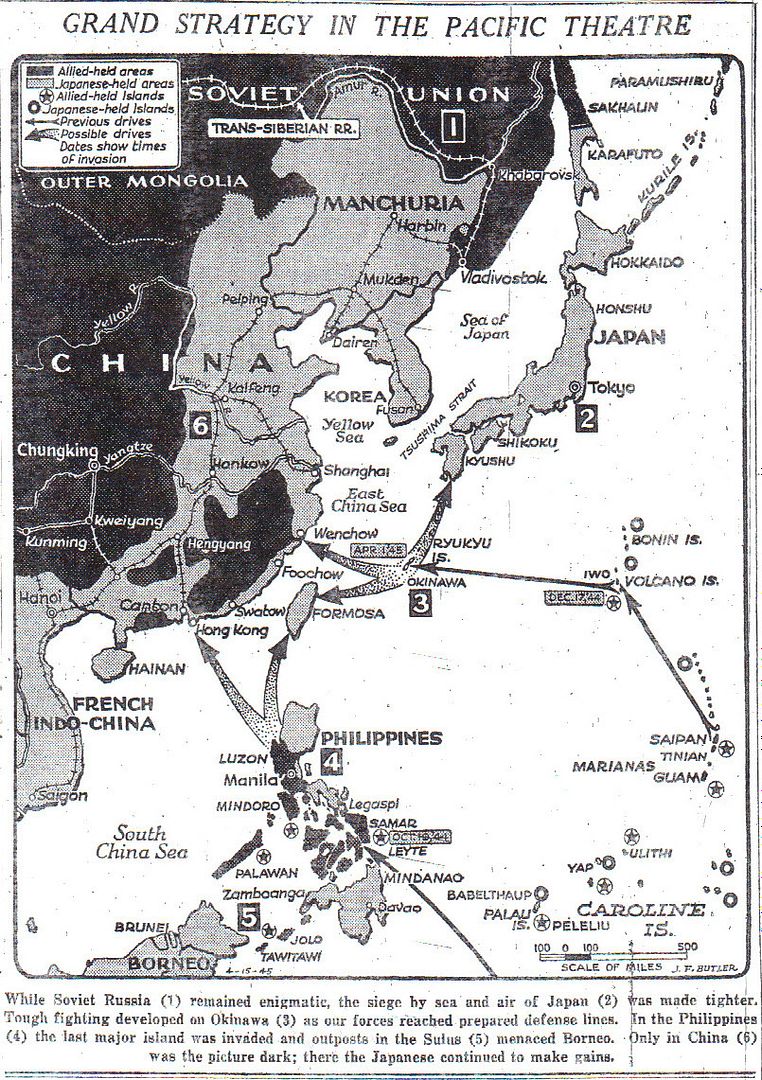
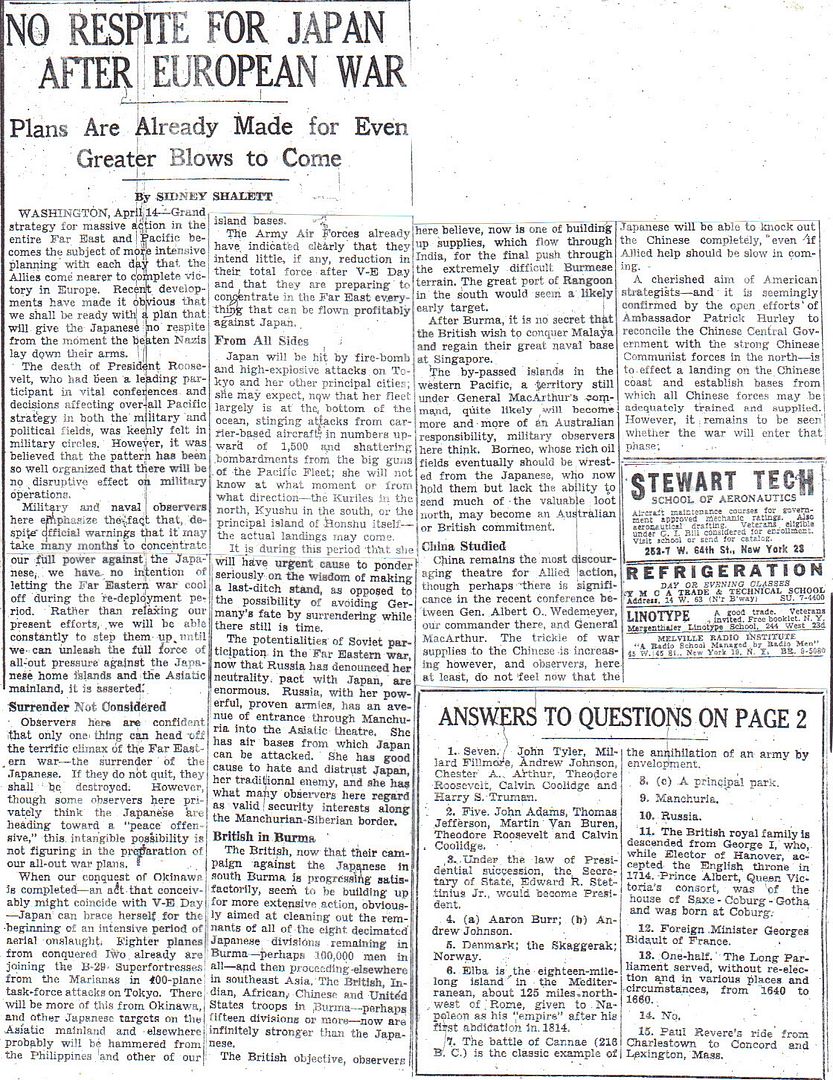
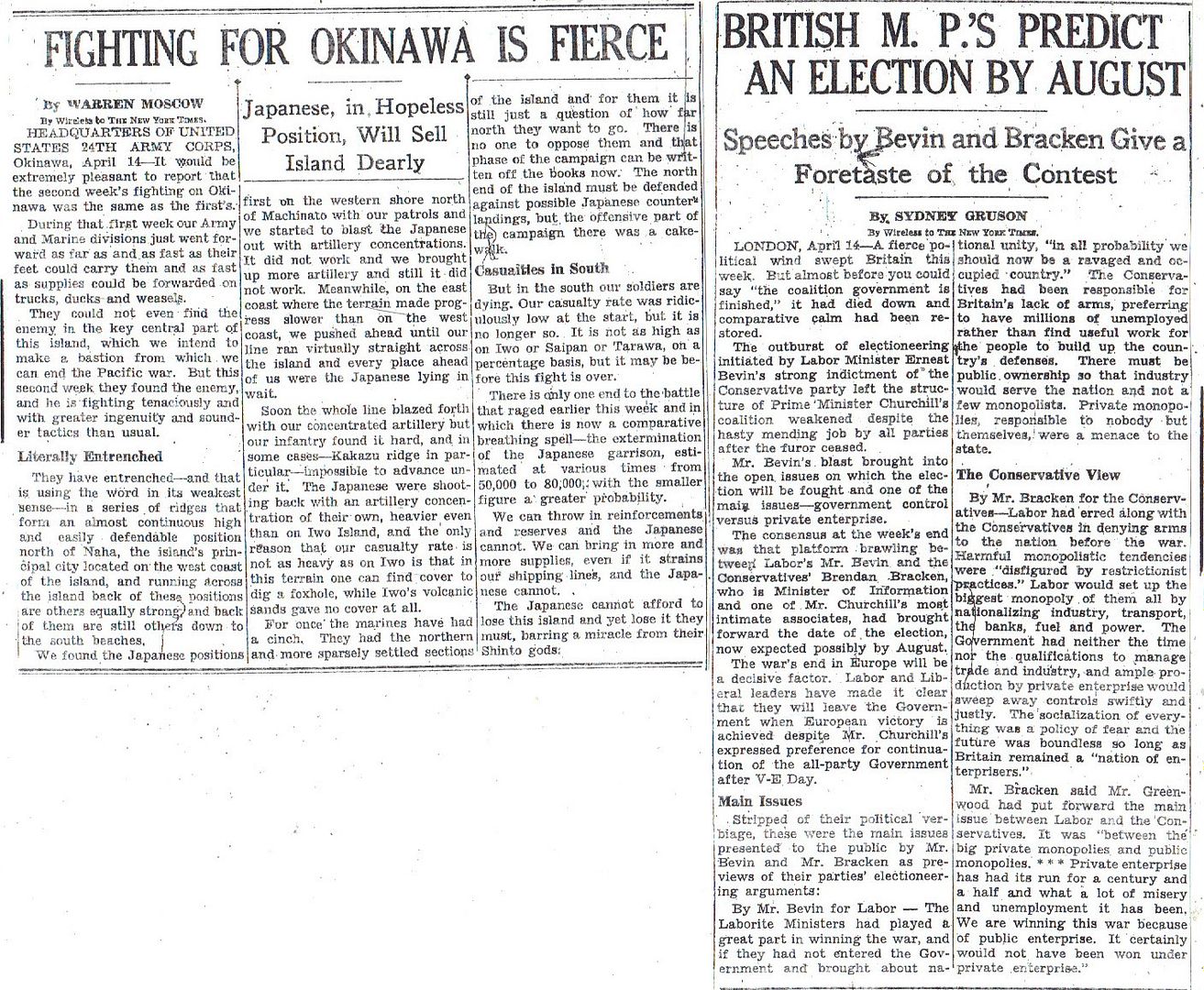
Oui.
True of all of us, whether we admit it or not.
Did those “ladies” always look like that? Or was it the result of their work environment?
About 20 years ago I handled a triple homicide prosecution; the guy I prosecuted was one of three who went into a house, bound a 23 year old, 17 year old and 13 year old with duct tape, and slit their throats. The defense attorneys said their guy may have helped tape them, and stole things when he ransacked the home, but another codefendant actually used the knife. The defense was their client was a passive follower, and acted upon the substantial psychological domination of the knife guy, and when things turned bad, he was swept up in the chain of events.
My reply to them was: “Your client is exactly who the Nazis were looking for when they were hiring death camp guards. And your defense what those same guards said at Nuremberg.”
They didn’t like that comment. Not. At. All. Because it fit.
I had a few other comments they didn’t care for either, and used them at trial, too.
I know it's been two decades, but I'm curious: did you notice the beginnings of genuine remorse (as opposed to sorrow at being caught and prosecuted) in any of those defendants, either at hearing your straight talk or from any other aspect of the proceedings? Their spiritual journey, as St. Paul and Chuck Colson made clear, continued thereafter. You may have given that an assist, as straight talk can sometimes get through, whether immediately or else after consideration at leisure--and I imagine they'd have plenty of leisure upcoming.
Did those “ladies” always look like that? Or was it the result of their work environment?
I am sure some of it had to do with environment. But not all hated what they were doing. “The beautiful beast” Enjoyed her work. She liked making lampshads out of tattoed skin. Not so attractive and not so feminine.
http://en.wikipedia.org/wiki/Irma_Grese
I remember every detail of that case like it was yesterday because there was so much pure evil on the part of the defendants contrasted with so much decency and humanity on the part of the families of the victims. I’ll send more details by FReepmail later.
Glad there are people, like yourself, who do what you do.
I’ll look forward to that. I’m inferring by your “so much pure evil” description that they may have become reprobates, having deliberately and resolutely passed finally beyond the Holy Spirit’s ability to minister—in which case their spiritual journey has indeed ceased.
Hilde Lohbauer, she looks like she doesn’t have a soul, she looks demon possessed to me. BTW, I wonder if she is still alive?
She really does look possessed. I looked her up and she was released from prison in 1950. She deserved to be hanged.
I couldn’t find out if she was still alive. What an evil creature.
I’ve been working too hard. Posted several posts meant for today on yesterday’s thread. Sheesh. Oh well, too tired to try to fix it. If someone wants to read them, they’ll have to go over there.
[April 15, 1945], HQ Twelfth Army Group situation map.
http://www.loc.gov/resource/g5701s.ict21315/
Ain’t much left of the Rose Pocket.
Ain’t much left of the Third Reich, for that matter.
http://www.lettersofnote.com/2009/10/things-i-saw-beggar-description.html
General Dwight D. Eisenhower to General George C. Marshall
SECRET
DDE/nmr
15 April 1945
Dear General:
Today I forwarded to the Combined Chiefs of Staff the essentials of my future plans. In a word, what I am going to do now that the western enemy is split into two parts, is to take up a defensive line in the center (along a geographical feature that will tend to separate our forces physically from the advancing Russians) and clean up the important jobs on our flanks. A mere glance at the map shows that one of these is to get Lubeck and then clear up all the areas west and north of there. The other job is the so-called “redoubt.” I deem both of these to be vastly more important than the capture of Berlin — anyway, to plan for making an immediate effort against Berlin would be foolish in view of the relative situation of the Russians and ourselves at this moment. We’d get all coiled up for something that in all probability would never come off. While true that we have seized a small bridgehead over the Elbe, it must be remembered that only our spearheads are up to that river; our center of gravity is well back of there.
Montgomery anticipates that he will need no help from the Americans other than that involved in an extension of Simpson’s left. However, I rather think that he will want possibly an American Airborne Division and maybe an Armored Division. I have enough in reserve to give him this much if he needs it. But assuming that he needs no American help, that job will be performed by the 17 divisions of the 21st Army Group.
In the center, extending all the way from Newhouse on the Elbe down to the vicinity of Selb on the border of Czechoslovakia, will be the Ninth and First Armies, probably with about 23 to 24 divisions, including their own reserves. This will be enough to push on to Berlin if resistance is light, and the Russians do not advance in that sector. Bradley’s main offensive effort will be the thrust along the line Wurzburg-Nuremberg-Linz, carried out by the Third Army with about 12 divisions. Devers, with another 12 U.S. divisions and 6 French divisions, will capture Munich and all of the German territory lying within his zone of advance.
About 8 divisions at that time will be on strictly occupational duties, largely under Fifteenth Army. This will leave about 5 divisions, including Airborne, in my Reserve.
The intervention of the British Chiefs of Staff in my military dealings with the Soviet has thrown quite a monkey-wrench into our speed of communication. If you will note from Antonov’s reply to the telegram that we finally sent (as revised on recommendations of the BCOS) the point he immediately raised is whether our message implies an attempt, under the guise of military operations, to change the occupational boundaries already agreed upon by our three governments. Frankly, if I should have forces in the Russian occupational zone and be faced with an order or “request” to retire so that they may advance to the points they choose, I see no recourse except to comply. To do otherwise would probably provoke an incident, with the logic of the situation all on the side of the Soviets. I cannot see exactly what the British have in mind for me to do, under such circumstances. It is a bridge that I will have to cross when I come to it but I must say that I feel a bit lost in trying to give sensible instructions to my various commanders in the field.
On a recent tour of the forward areas in First and Third Armies, I stopped momentarily at the salt mines to take a look at the German treasure. There is a lot of it. But the most interesting - although horrible - sight that I encountered during the trip was a visit to a German internment camp near Gotha. The things I saw beggar description. While I was touring the camp I encountered three men who had been inmates and by one ruse or another had made their escape. I interviewed them through an interpreter. The visual evidence and the verbal testimony of starvation, cruelty and bestiality were so overpowering as to leave me a bit sick. In one room, where they were piled up twenty or thirty naked men, killed by starvation, George Patton would not even enter. He said he would get sick if he did so. I made the visit deliberately, in order to be in position to give first-hand evidence of these things if ever, in the future, there develops a tendency to charge these allegations merely to “propaganda.”
If you could see your way clear to do it, I think you should make a visit here at the earliest possible moment, while we are still conducting a general offensive. You would be proud of the Army you have produced. In the first place, U.S. ground and air forces are a unit; they both participate in the same battle all the way down the line from me to the lowest private. I can find no evidence whatsoever olf any mutual jealousy, suspicion or lack of understanding. In fact, I know of one or two Major Generals in the Air Force that one of my Army Commanders would accept as Division Commanders today.
Next, you would be struck by the “veteran” quality of the whole organization. Commanders, staffs, and troops, both air and ground, go about their business in a perfectly calm and sure manner that gets results. I am quite certain that no organization has ever existed that can re-shuffle and re-group on a large scale and continue offensives without a single pause, better than can Bradley and his staff.
Another thing that would strike you is the high average of ability in our higher command team. In recent telegrams to you I explained something of the quality of our Corps Commanders. Inadvertently I left out the name of Ridgway, one of the finest soldiers this war ever produced. If ever we get to the point that I can recommend to you additional Corps Commanders for promotion, he will certainly have to be one.
In Army command, there is no weakness except for the one feature of Patton’s unpredictability so far as his judgment (usually in small things) is concerned. These Army Commanders, with Bradley, make up a team that could scarcely be improved on. Bradley, of course, remains the one whose tactical and strategical judgment I consider almost unimpeachable. Only once have we had a real difference of opinion on a major question. He is big, sound, and has the complete confidence of those above and below him.
Patton’s latest crackpot actions may possibly get some publicity. One involved the arbitrary relief of a censor (over whom he had no authority whatsoever) for what Patton considered to be an error in judgment. All the censor did was to allow the printing of a story saying we had captured some of the German monetary reserves. Three or four newspapers have written very bitter articles about Patton, on this incident, and to my disgust they call it another example of “Army Blundering”. I took Patton’s hide off, but there is nothing else to do about it. Then again, he sent off a little expedition on a wild goose chase in an effort to liberate some American prisoners. The upshot was that he got 25 prisoners back and lost a full company of medium tanks and a platoon of light tanks. Foolishly, he then imposed censorship on the movement, meaning to lift it later, which he forgot to do. The story has now been released and I hope the newspapers do not make too much of it. One bad, though Patton says accidental, feature of the affair was that his own son-in-law was one of the 25 released. Patton is a problem child, but he is a great fighting leader in pursuit and exploitation.
This developed into quite a long story, all to convince you that in a short visit here you could see, in visible form, the fruits of much of your work over the past five years. In a matter of three or four days I am sure you would see things that would be of great satisfaction to you from now on. This sounds like I am completely and wholly satisfied with everything that I see. This is far from the case, but the point is that higher commanders have learned to handle the important things and we have gradually developed an organization that keeps the nagging details in the hands of people that can give their whole attention to them.
With best wishes,
Sincerely
(Stamped by Eisenhower)
General of the Army George C. Marshall,
The Chief of Staff,
Washington, D.C.
https://www.orau.org/ptp/articlesstories/u234.htm
Paul W. Frame
The following story appeared in the May 1997 issue of the Health Physics Society Newsletter. Unless otherwise noted, the details are from R.K. Wilcox’s “Japan’s Secret War”, William Morrow and Company, NY, 1985. Additional information can be obtained by joining “Sharkhunters’ and utilizing their research archives. P.O. Box 1539, Hernando FL 34442
U-234
“The enemy shall find nothing but rats and mice in Germany - we shall never capitulate.” The sign bearing these words looked on as U-234 glided out of the Kristiansand harbor. Evening, April 15, 1945.
U-234 was a type XB submarine, the largest class of German U-boat ever constructed. Of the eight that had been built, only U-234 and U-219 remained. The other six had paid a heavy price for their slow speed and lack of maneuverability (Helgason 1996).
Lieutenant Johann “Dynamite” Fehler, who had previously served on the infamous raider “Atlantis,” was in command. In addition to his crew, Fehler was responsible for an important group of passengers: monocled Lieutenant General Ulrich Kesssler of the Luftwaffe; Colonels Sandrat and Neishling, also of the Luftwaffe; civilian rocket and jet experts; and most mysterious of all, Lieutenant Commanders Hideo Tomonaga and Genzo Shoji of the Imperial Japanese Navy.
Fehler’s mission: transport personnel and materials to Japan to support its war against the Allies. The final days of the Reich might be at hand, but what assistance could be provided Japan, would be provided. With a mission of such importance, Fehler had to avoid any possible contact with the enemy; U-234 ran deep and continuously submerged for two weeks after leaving Kristiansand. Only after making it through the English Channel into the Atlantic did Fehler feel sufficiently confident to surface for two hours each night
But events were at work beyond Fehler’s control. On May 10, the U-234 picked up a fatal shortwave transmission, Doenitz’s announcement of Germany’s surrender: “My U-boat men . . . you have fought like lions . . . lay down your arms.” Instructions were given to proceed to the nearest allied port, but U-234 was so positioned that several possible destinations existed. Fehler decided to head to the United States. Unwilling to be captured, Hideo Tomonaga and Genzo Shoji committed suicide. On May 14, an American boarding party took over and directed the U-234 to Portsmouth, New Hampshire. Despite tight security, the arrival of U-234 at the docks became a major news event. Considerable coverage was devoted to the ship’s most illustrious passenger, Ulrich Kessler, e.g., “typical Hollywood version of a German general . . . as he strutted off the gangplank he casually looked around . . . and swaggered to a waiting bus. He wore a long leather great coat which reached to his ankles, highly polished leather boots and an Iron Cross.” Much of U-234’s top secret cargo, 240 tons of documents and war materials, was shipped to Washington and opened out of sight of the press’s cameras. A good deal was what might be expected, e.g., armor piercing antiaircraft shells. There were surprises, e.g., two Me-262 jet fighters. But, the biggest surprise of all came when 10 containers marked “Japanese Army” were opened. They contained 560 kg of uranium oxide!
Had the uranium reached its probable destinations, Osaka and the Riken Laboratory in Tokyo, enrichment via thermal diffusion might have been attempted.* Successfully enriched, the product would have been, by activity, mostly U-234!
Postscript: When General Groves, head of the U.S. atomic bomb effort, first learned of this submarine, it seems he was mistakenly informed that it was designated U-235, an idea that almost gave him “apoplexy.”
Film of the boat’s arrival in the United States:
https://www.youtube.com/watch?v=Lv_cm_ftemY
Dutch researchers say new mass grave found at Nazi camp
April 11th 2015
Grave found with help of survivors of Bergen-Belsen where some 70,000 perished between 1941-45
Dutch researchers said Friday they believe they have uncovered a new mass grave at the former Nazi concentration camp of Bergen-Belsen, almost exactly 70 years after it was liberated.
The mass grave, measuring 16 by 4 meters was pinpointed using ex-inmates’ testimony and is believed to be the final resting place of Dutch Resistance worker Jan Verschure, Dutch television news program Nieuwsuur reported.
The grave was tracked by Verschure’s grandson Paul, who spoke to survivors of the concentration camp where some 70,000 people perished between 1941-45, located in northern Germany’s Lower Saxony region.
“One of them gave me a map on which he marked where my grandfather was buried,” Verschure told Nieuwsuur.
The spot is located at the end of the camp’s former main road and is today just a grassy field.
There are few signs left of the horror camp, torched by British troops shortly after it was liberated on April 15, 1945 to prevent the spread of deadly diseases such as typhus.
Many of the dead were bulldozed into unmarked mass graves around the camp, with up to 10,000 people believed to have been buried in the area.
Dutch archaeologist Ivar Schute, who has done an initial probe said he believed there was indeed a mass grave on the spot.
“We’ve taken measurements and believe that the ground has been disturbed here. We think this is where the mass grave is,” he told Nieuwsuur.
But Jens-Christian Wagner, director of the Bergen-Belsen memorial said further investigation was not possible.
“We have consulted the Jewish community of Lower Saxony and according to religious laws no digging is allowed.”
“That’s why there’s a decision not to start a dig. In any case, the whole camp has been declared a cemetery,” he said.
(AFP)

FDR’s funeral train en route to Hyde Park, New York. April 15, 1945.
http://www.stalag-viiib.com/content/powdiaries-1945-april-15-1945-jhhallam-stalag-viiib
P.O.W. Diaries 1945
April 15 1945
J.H.Hallam
Stalag VIIIB
Sunday April 15 1945
Slept, but I was cold during the night. Our blower has been going continually since 8 o’clock this morning. There are two hundred odd men here and only two blowers. Soup was not so bad. We are now having after dinner tea. The bread ration here is 6 to one loaf ( 2 kilo ) and we also got a good ration of sausage. The major brought in some good news :- Elbe crossed in 6 places, we are now 24 kilo from Berlin, and Leipzig has fallen.
A recently completed Bergen-Belsen documentary shows the Nazi’s paths to persecution
“Haggith has been trying to complete a project the British government started near the end of the war that used the footage shot by those cameramen at Bergen-Belsen and other concentration camps. The government collected the footage to prove what had happened. They went so far as to make a rough cut of a film titled Memory of the Camps. None other than Alfred Hitchcock was a consultant on the project. But the movie was never completed.
But that documentary has finally been completed. German Concentration Camps Factual Survey — its original title — is being shown in cinemas in the UK.”
Disclaimer: Opinions posted on Free Republic are those of the individual posters and do not necessarily represent the opinion of Free Republic or its management. All materials posted herein are protected by copyright law and the exemption for fair use of copyrighted works.